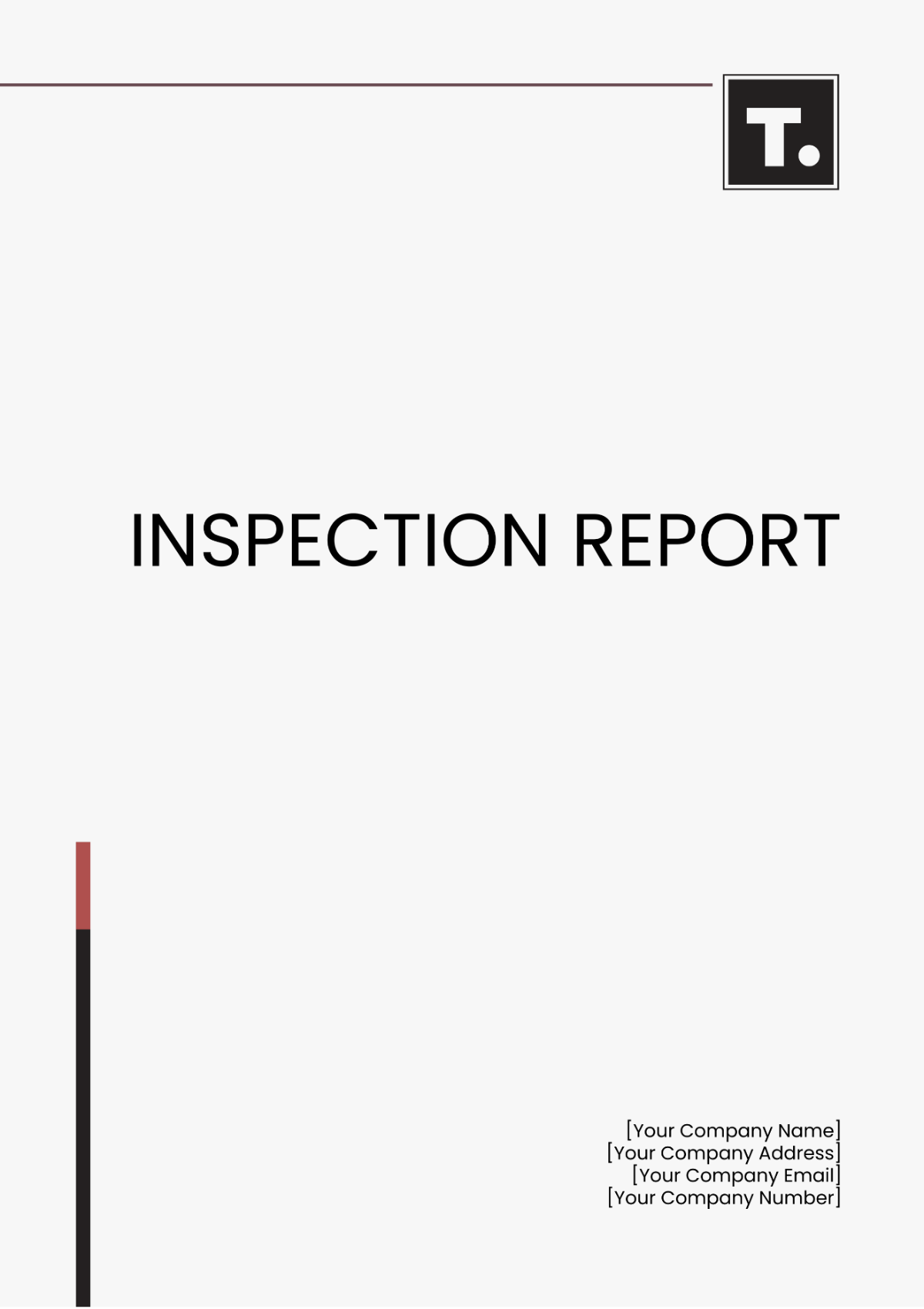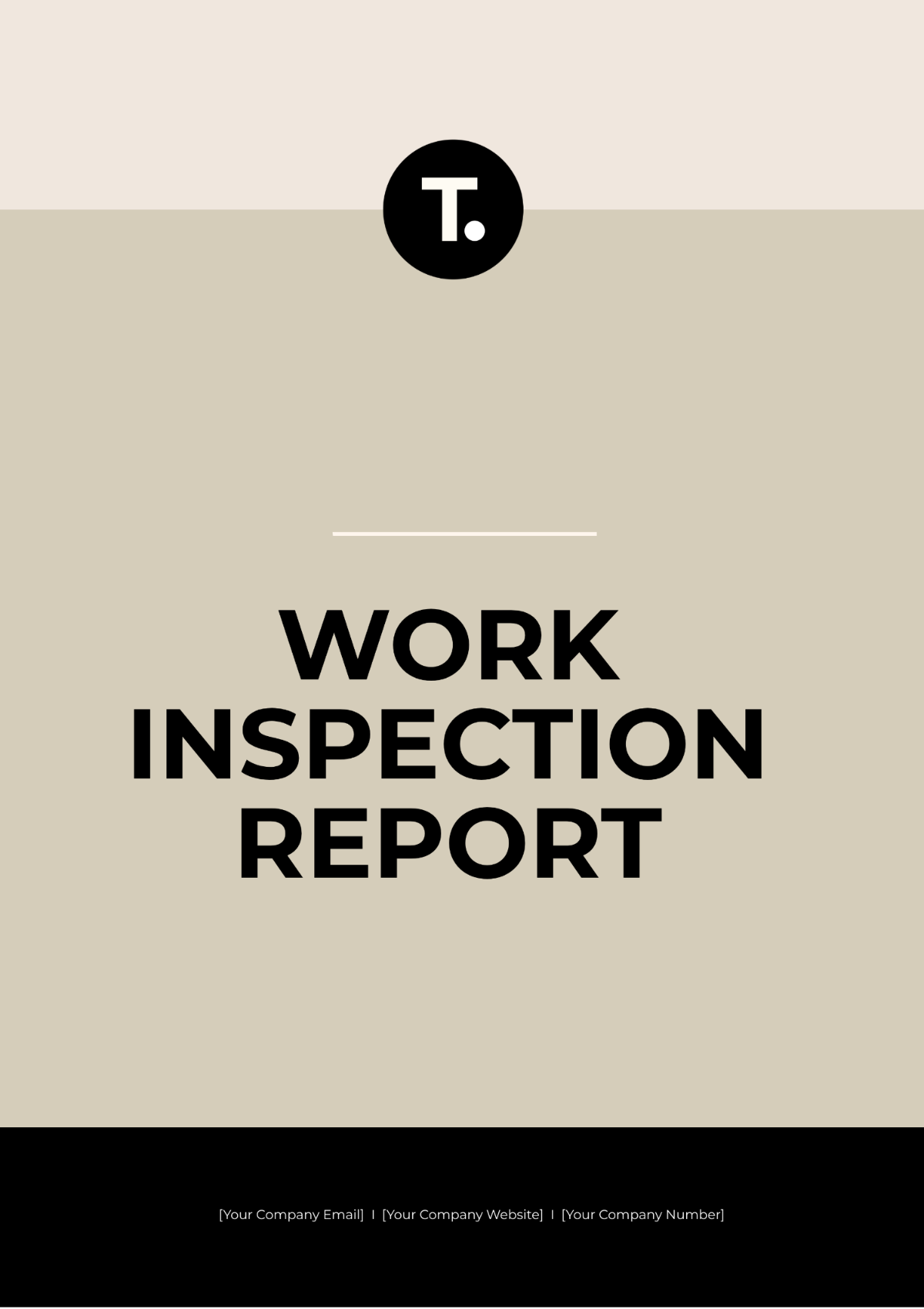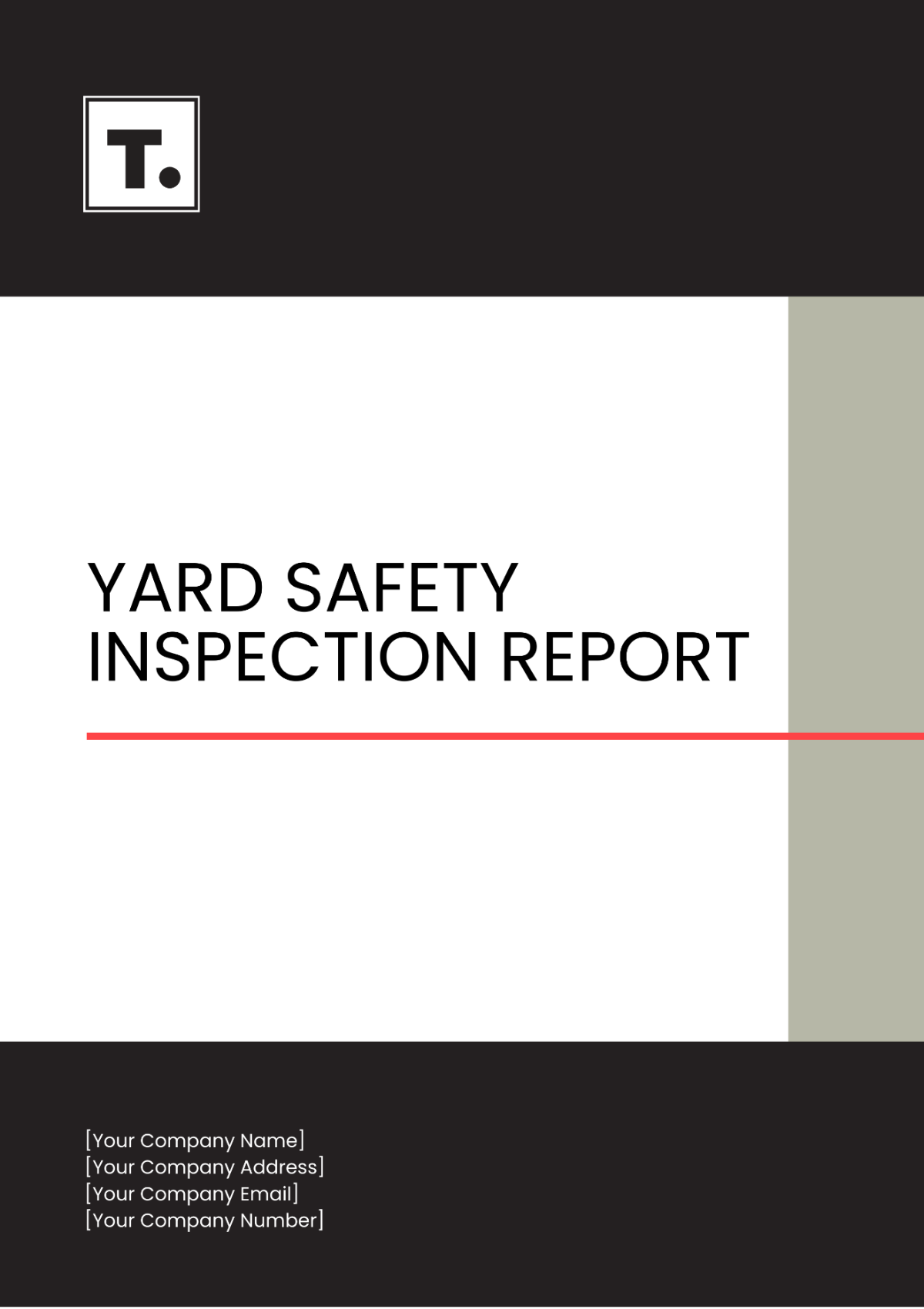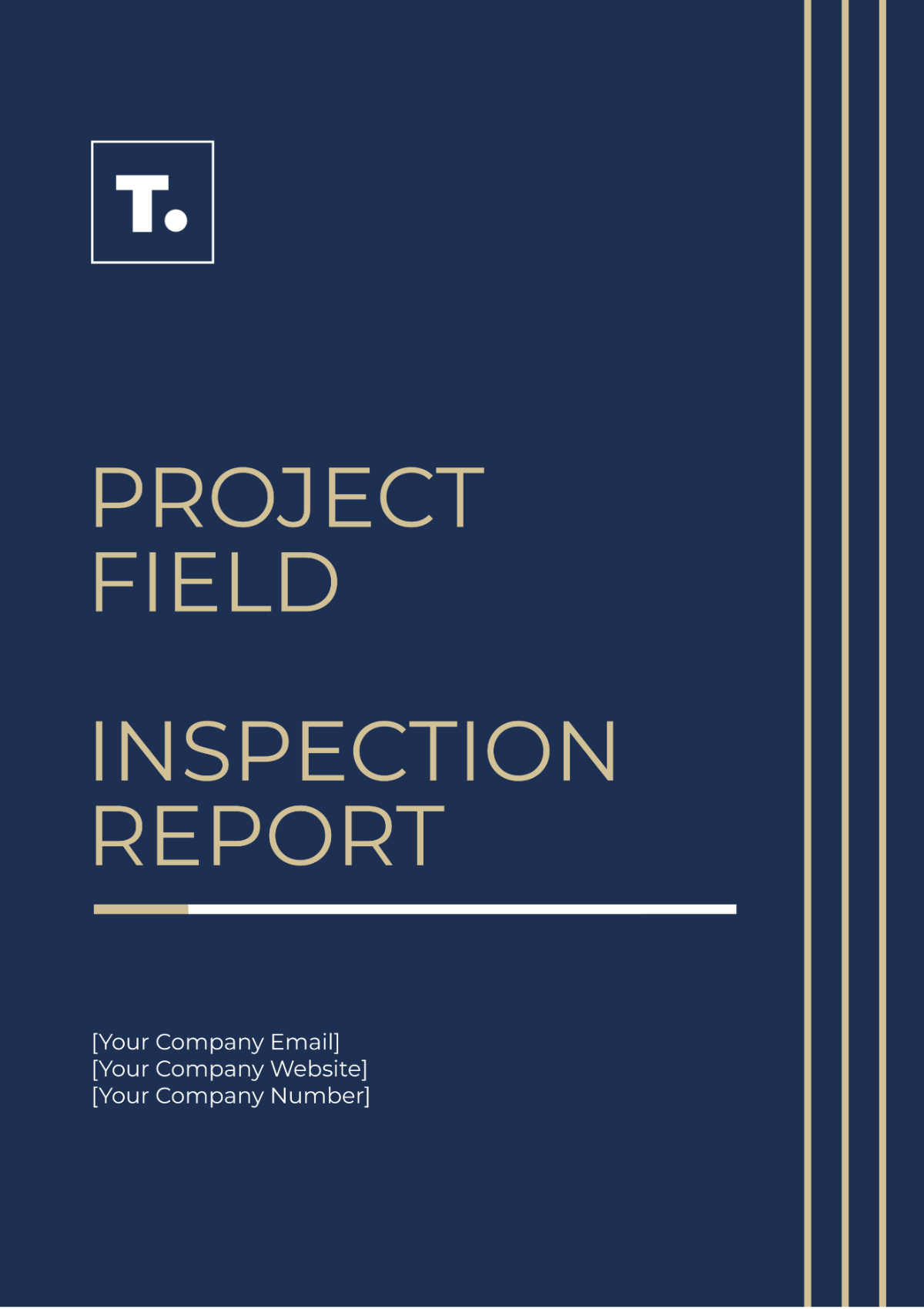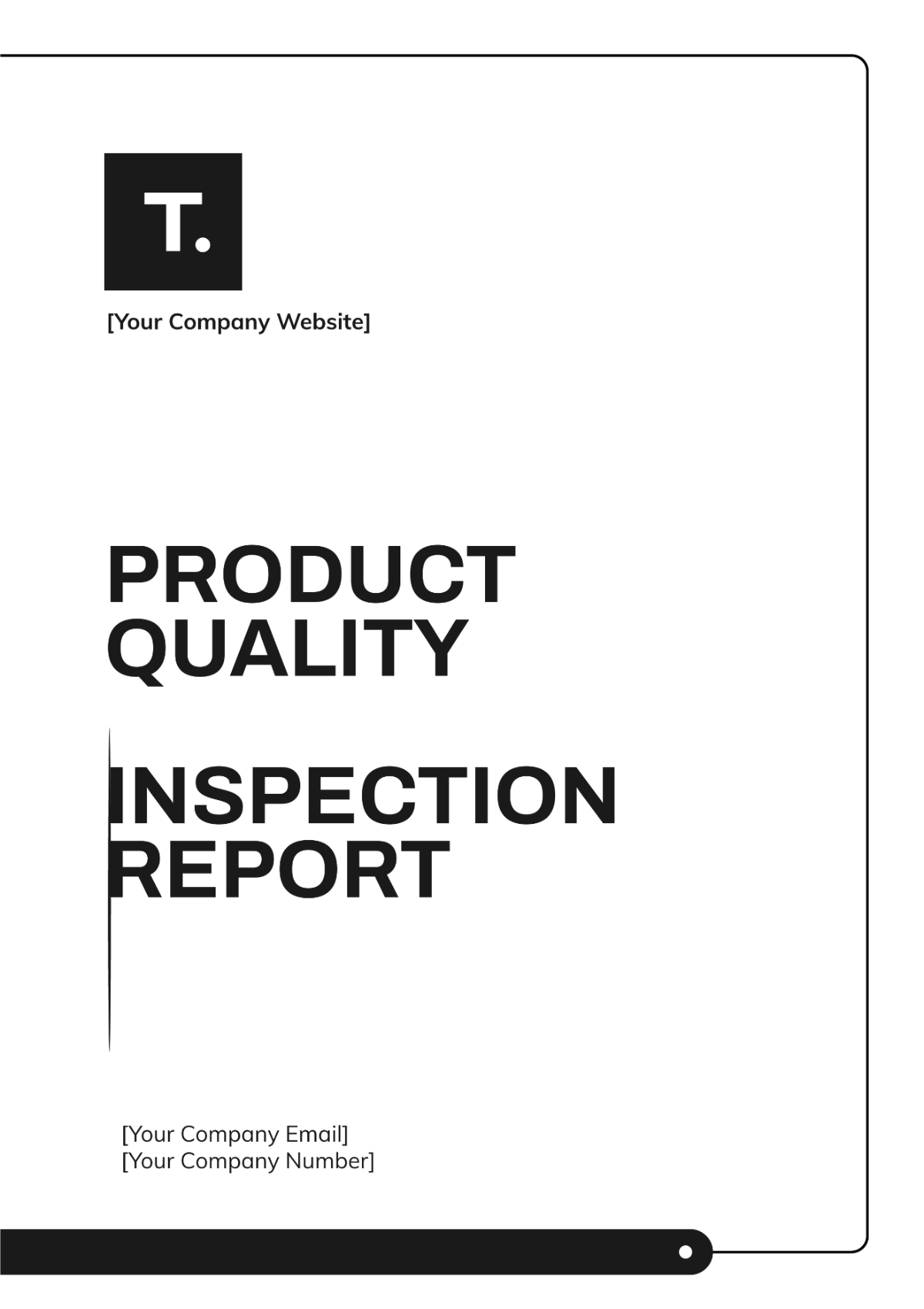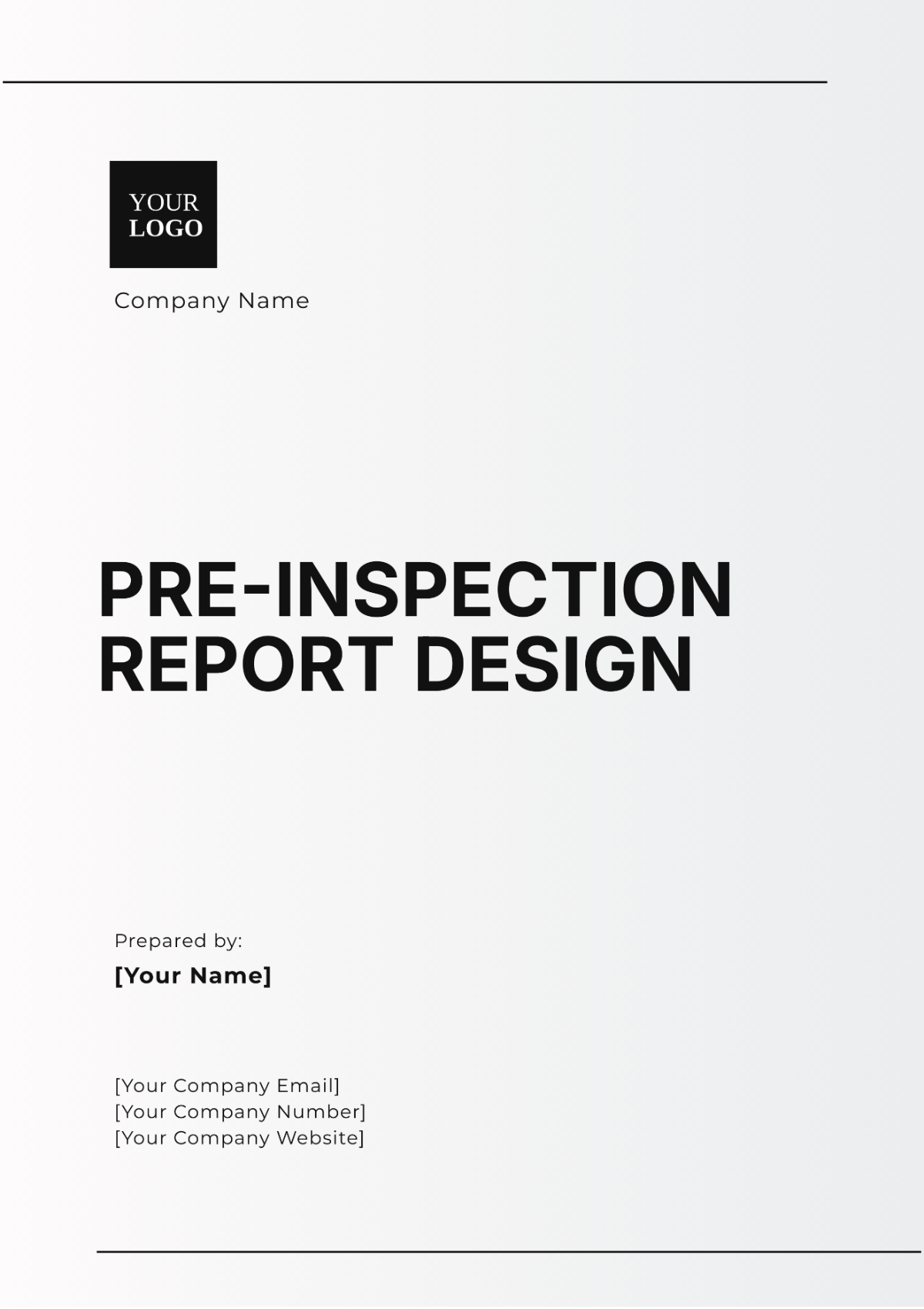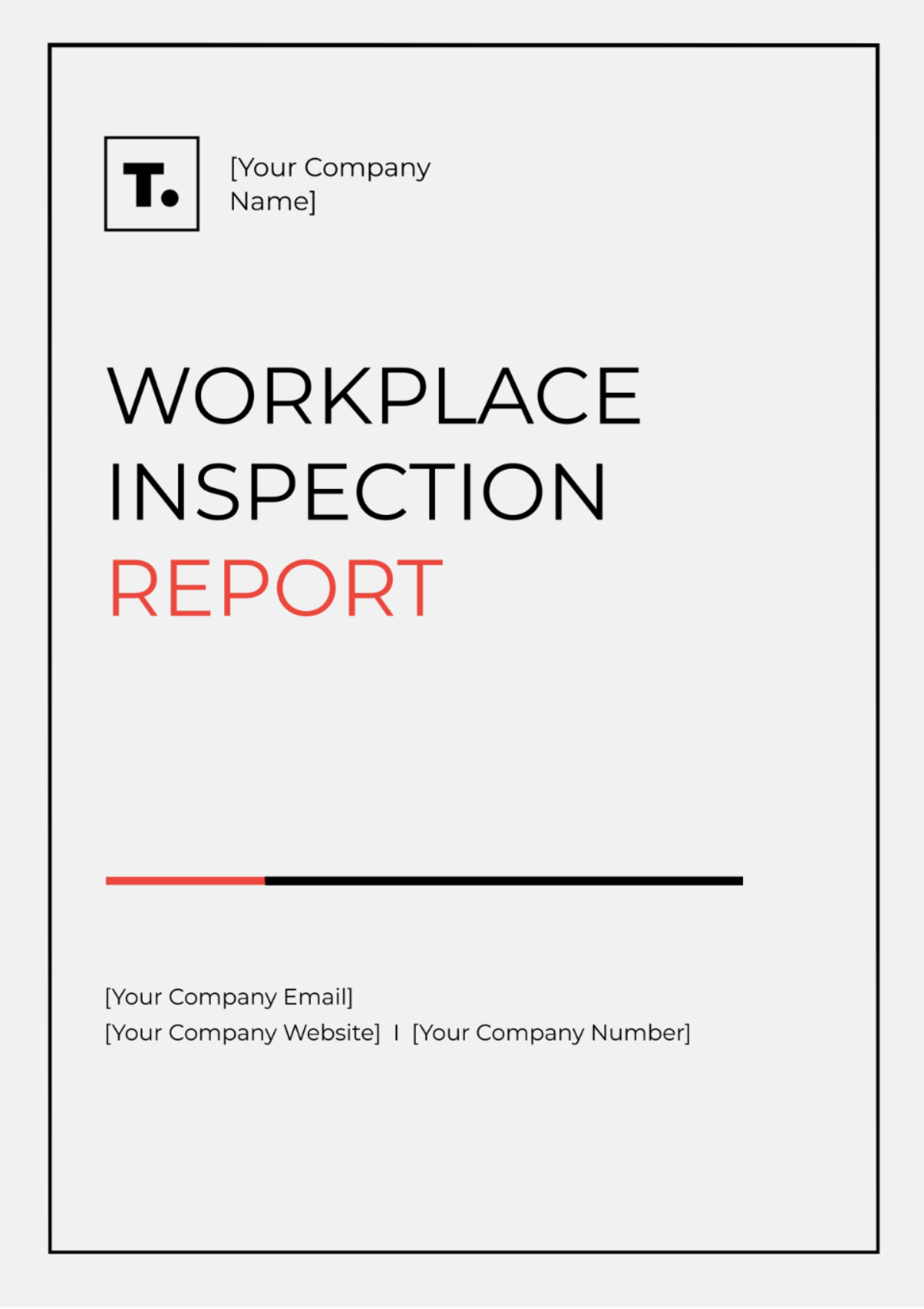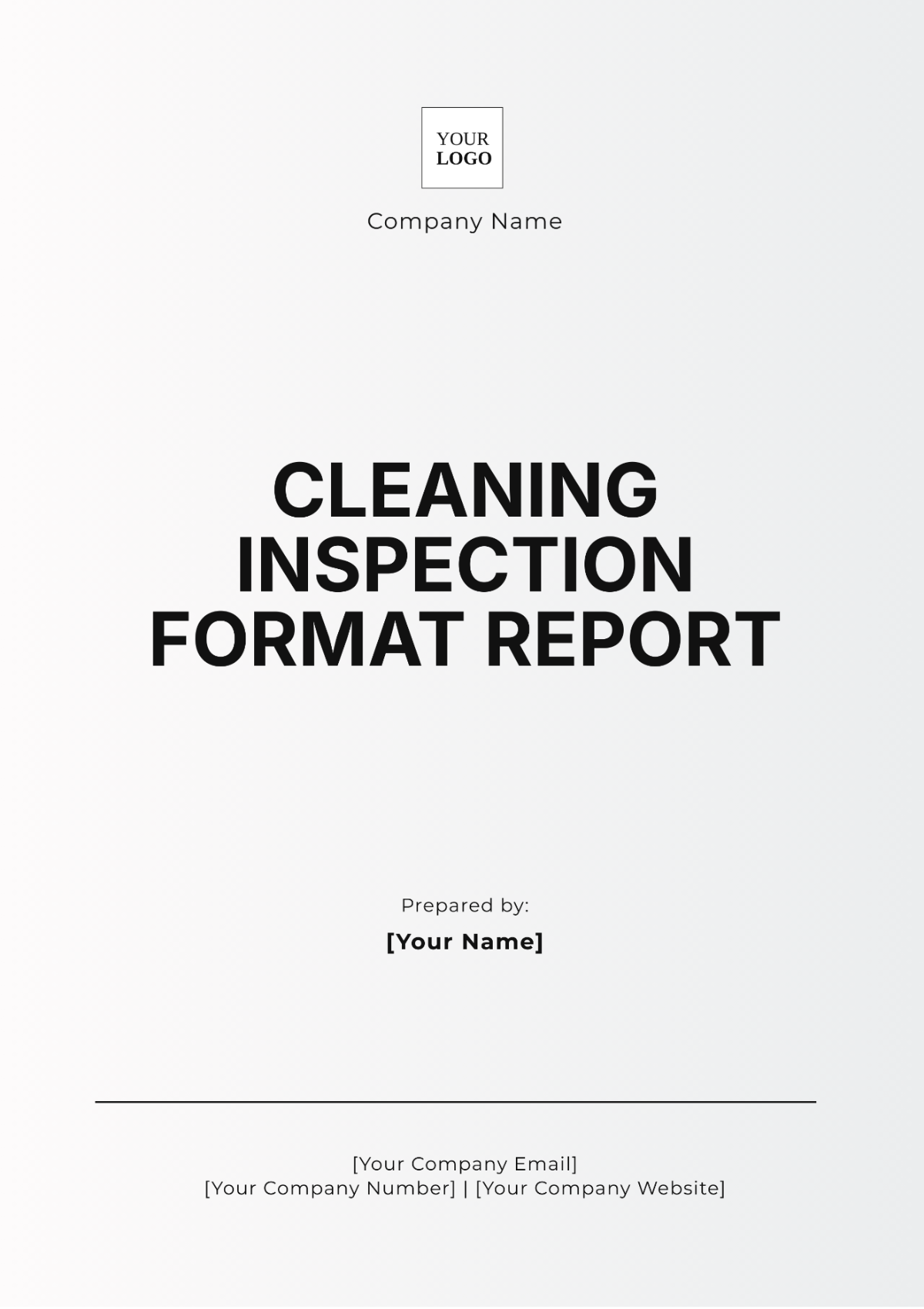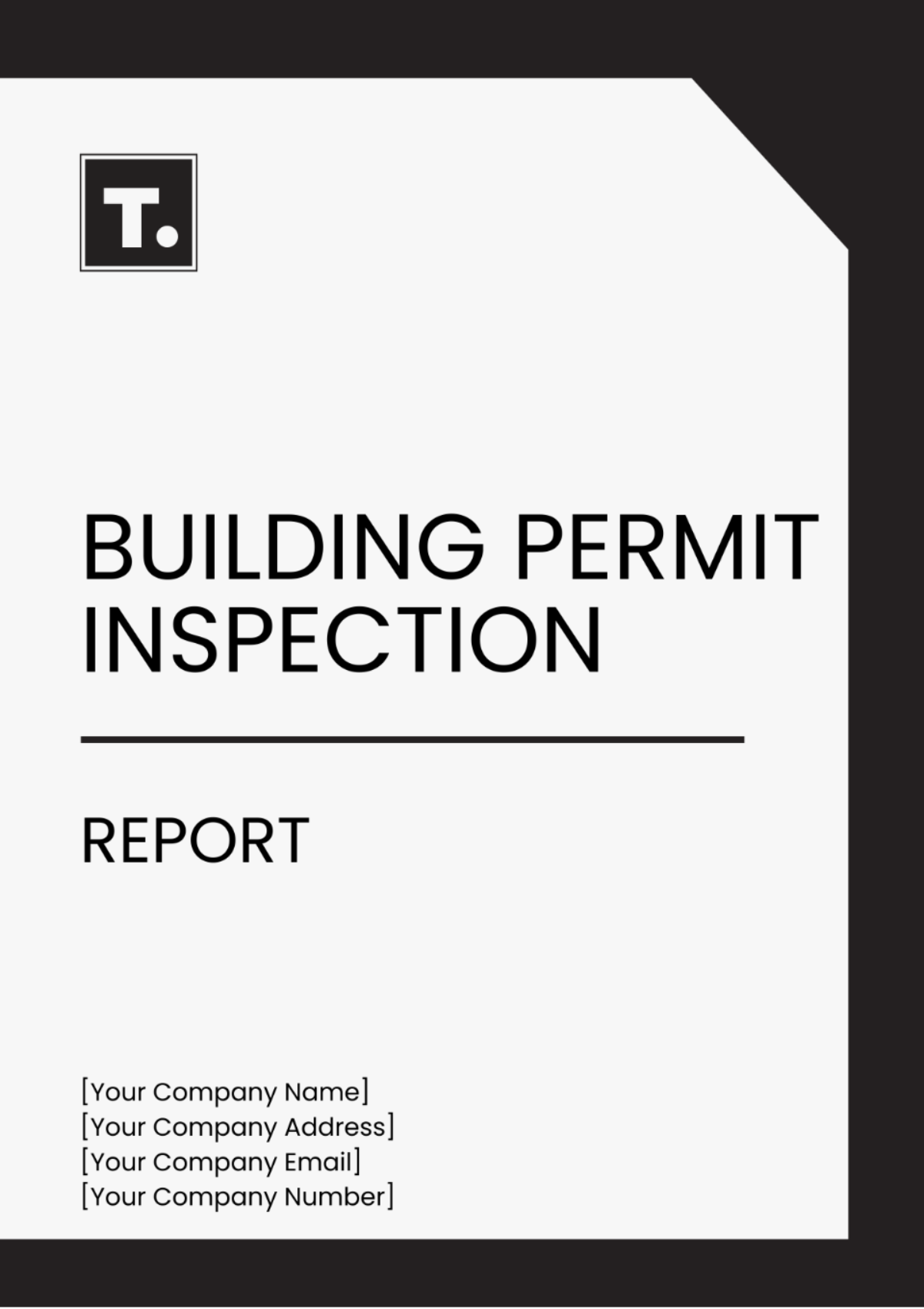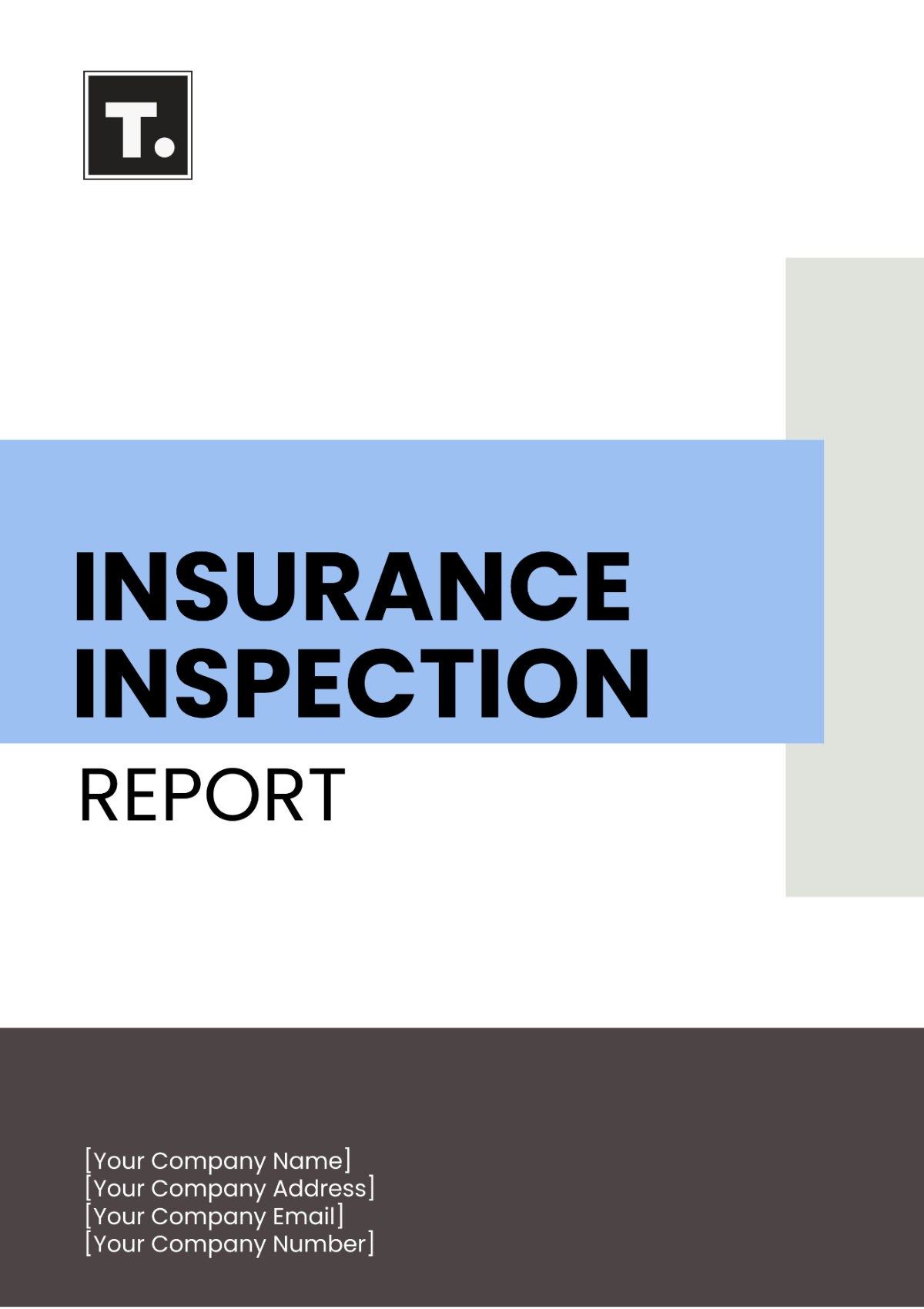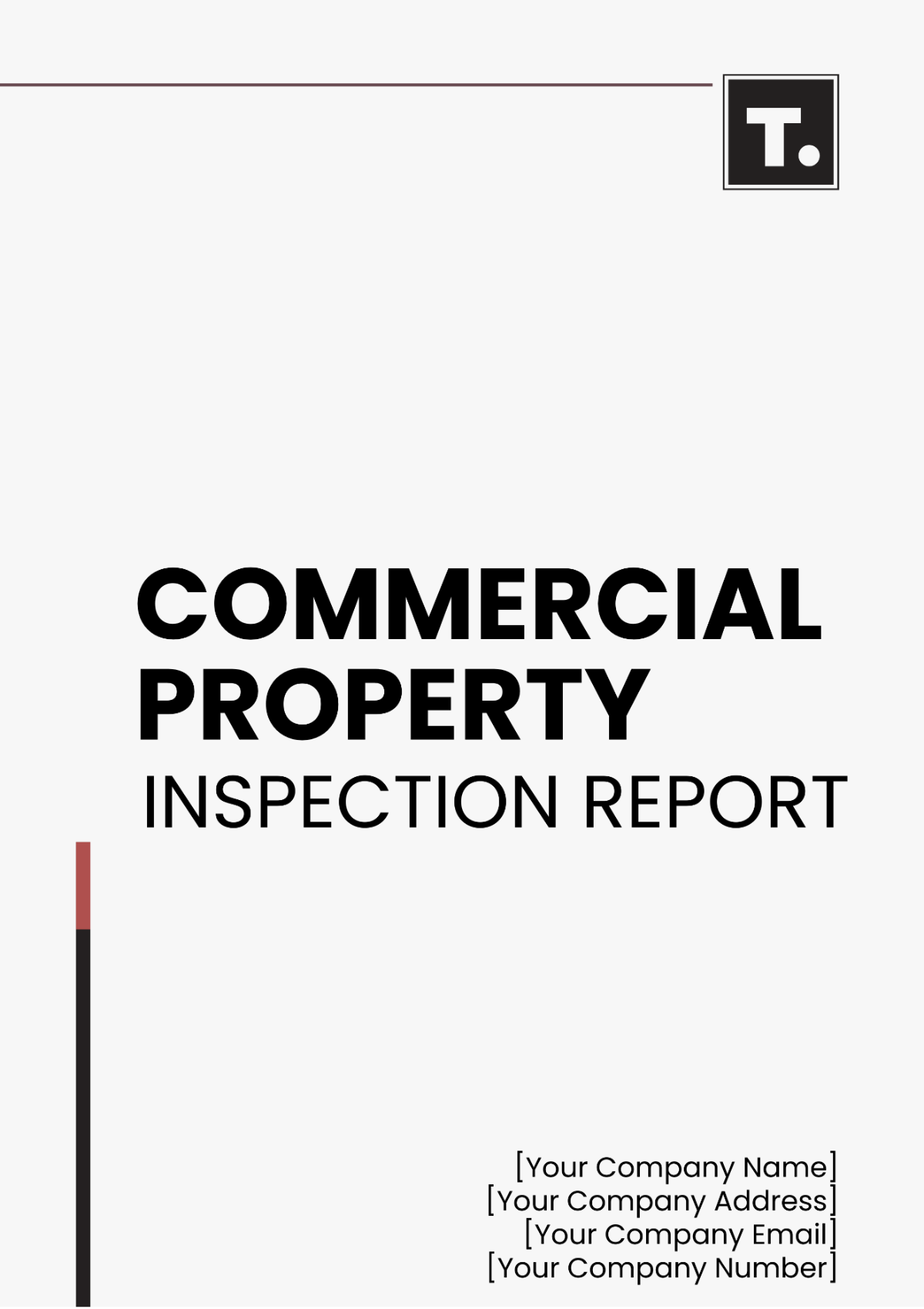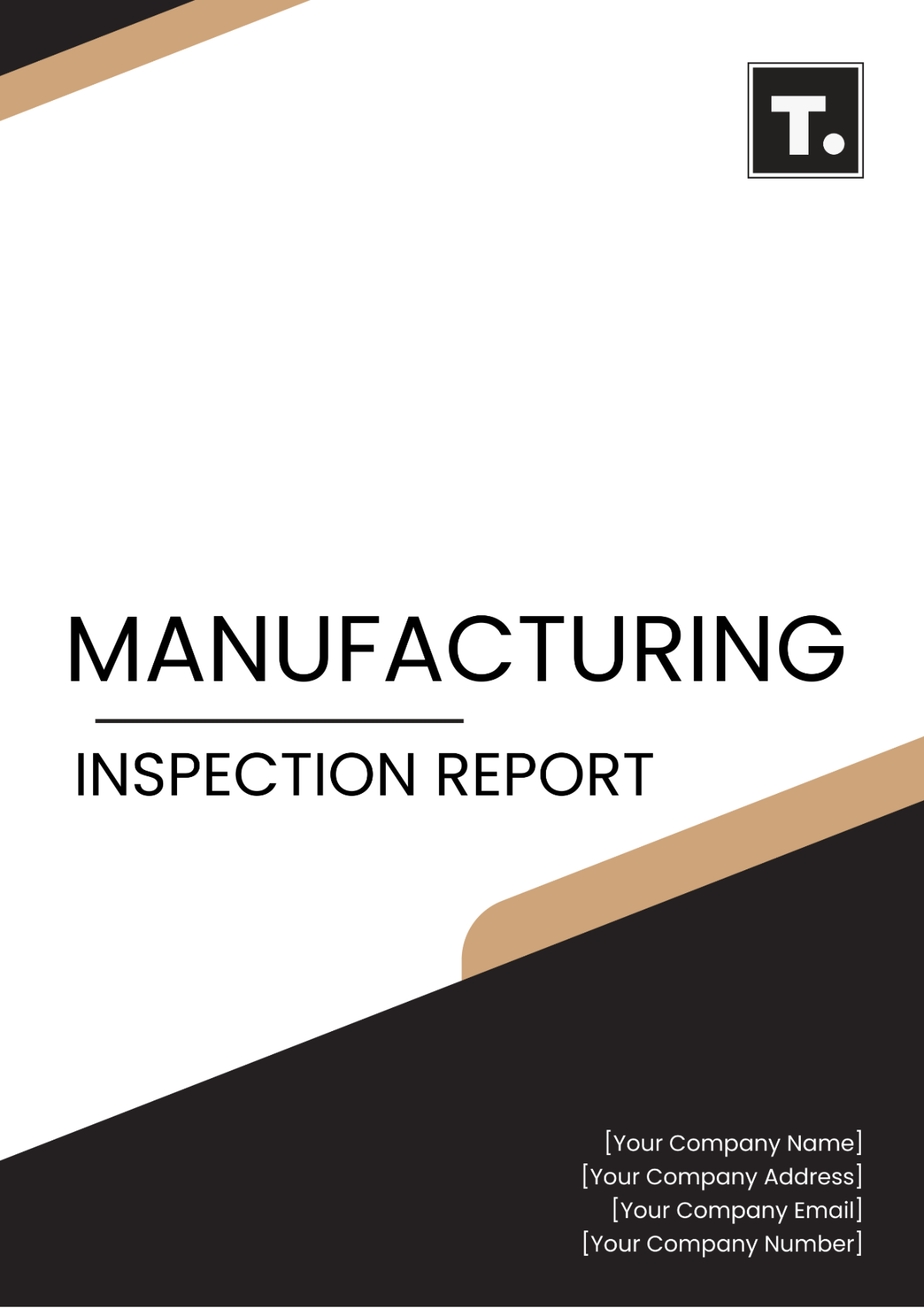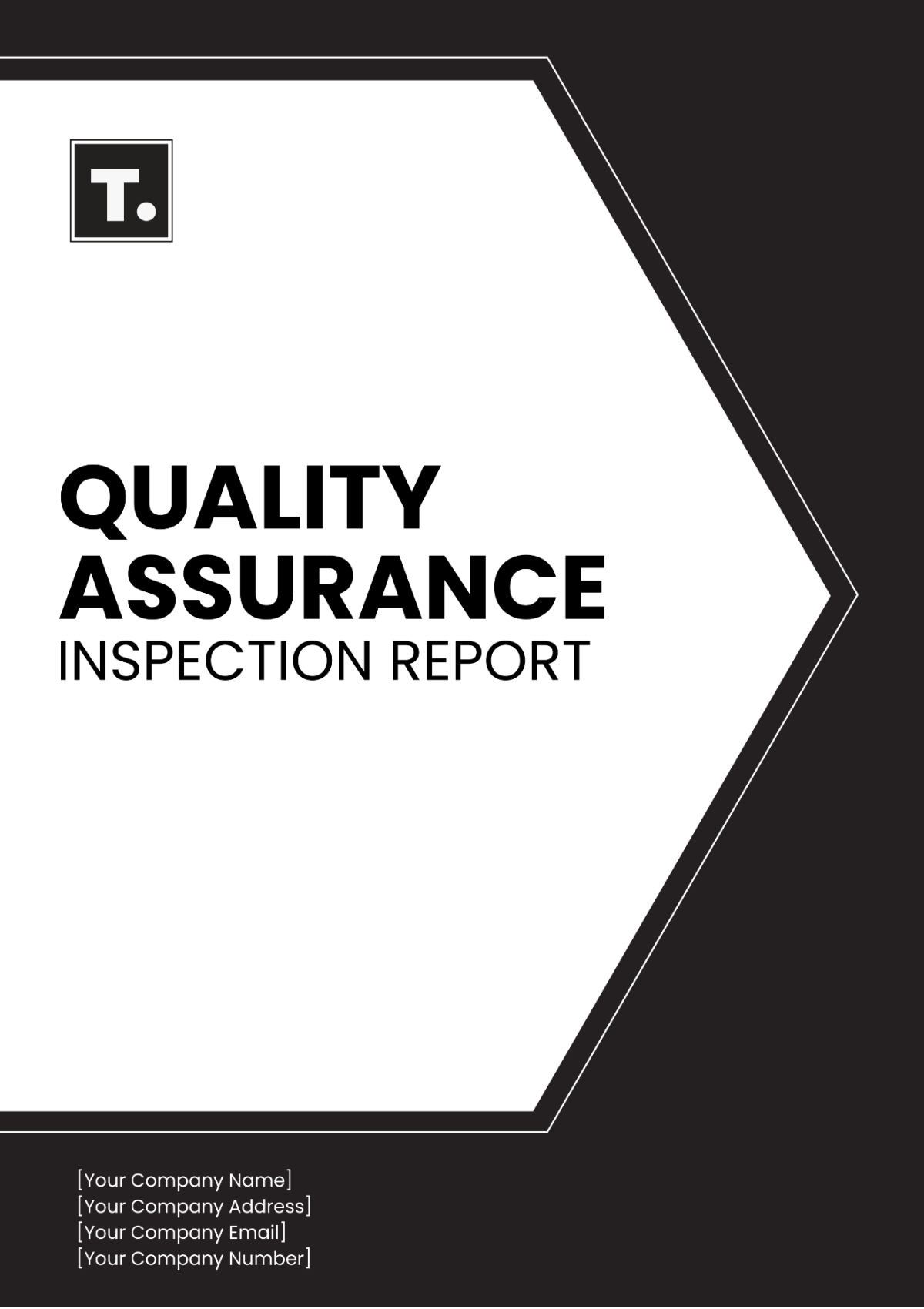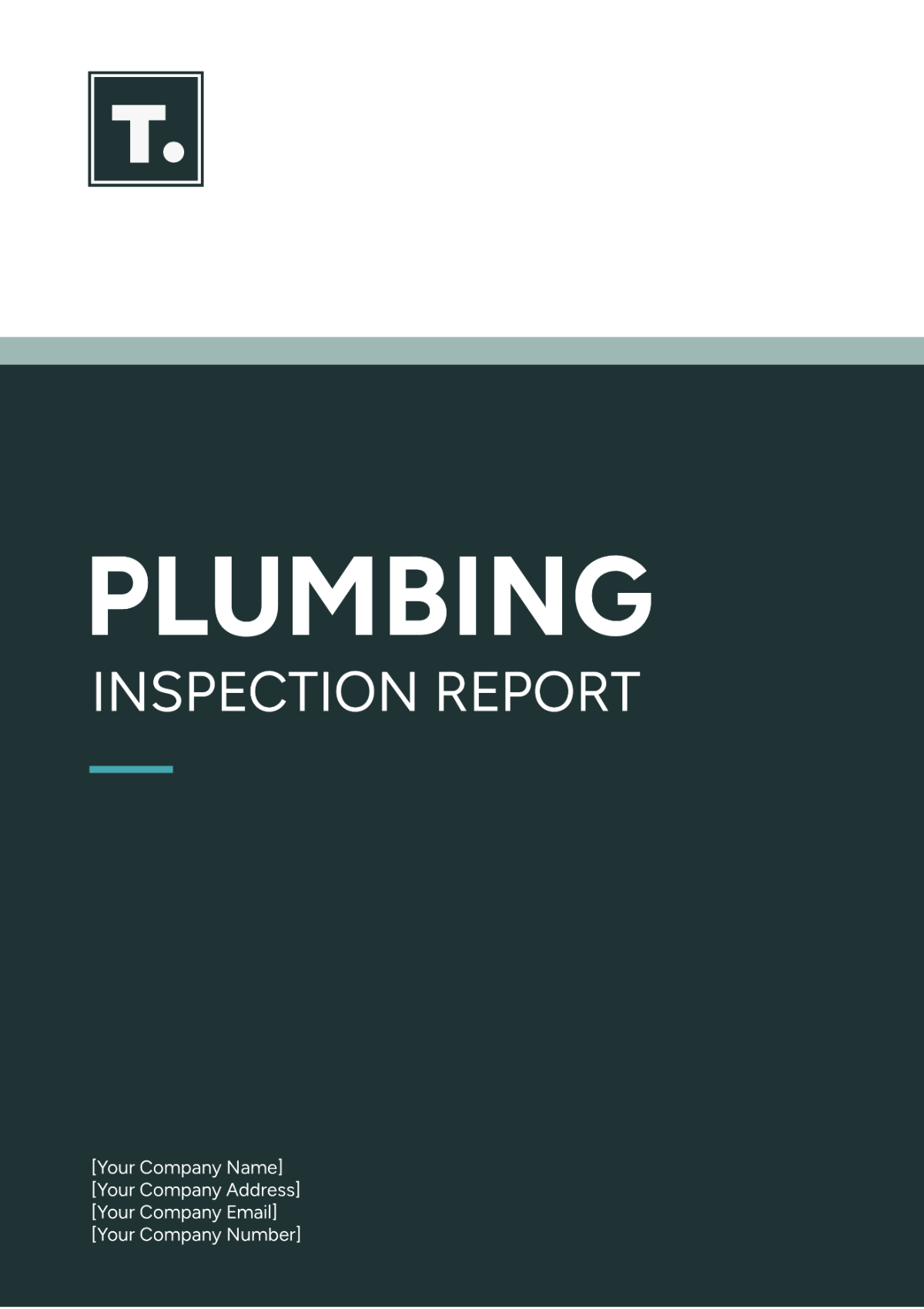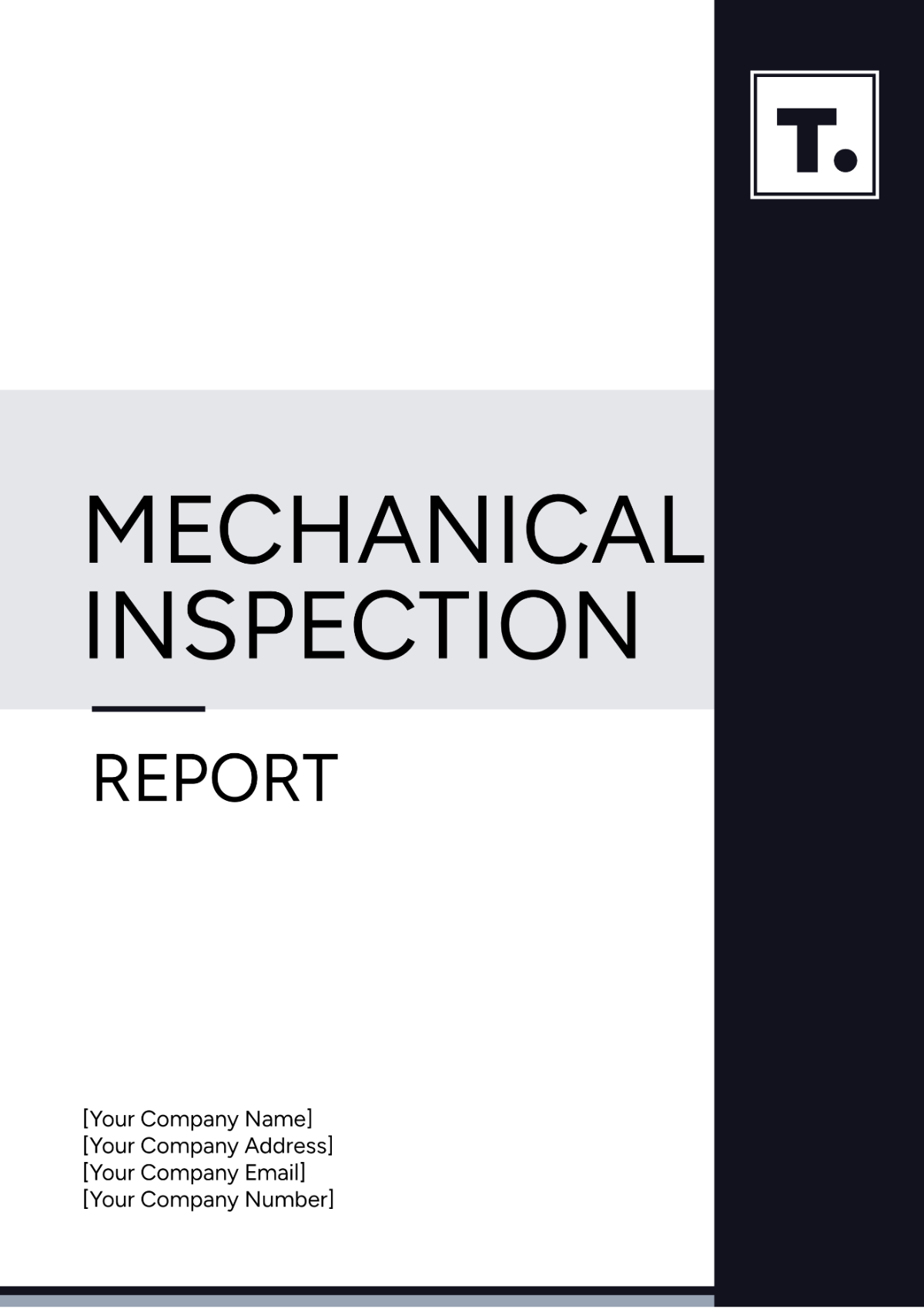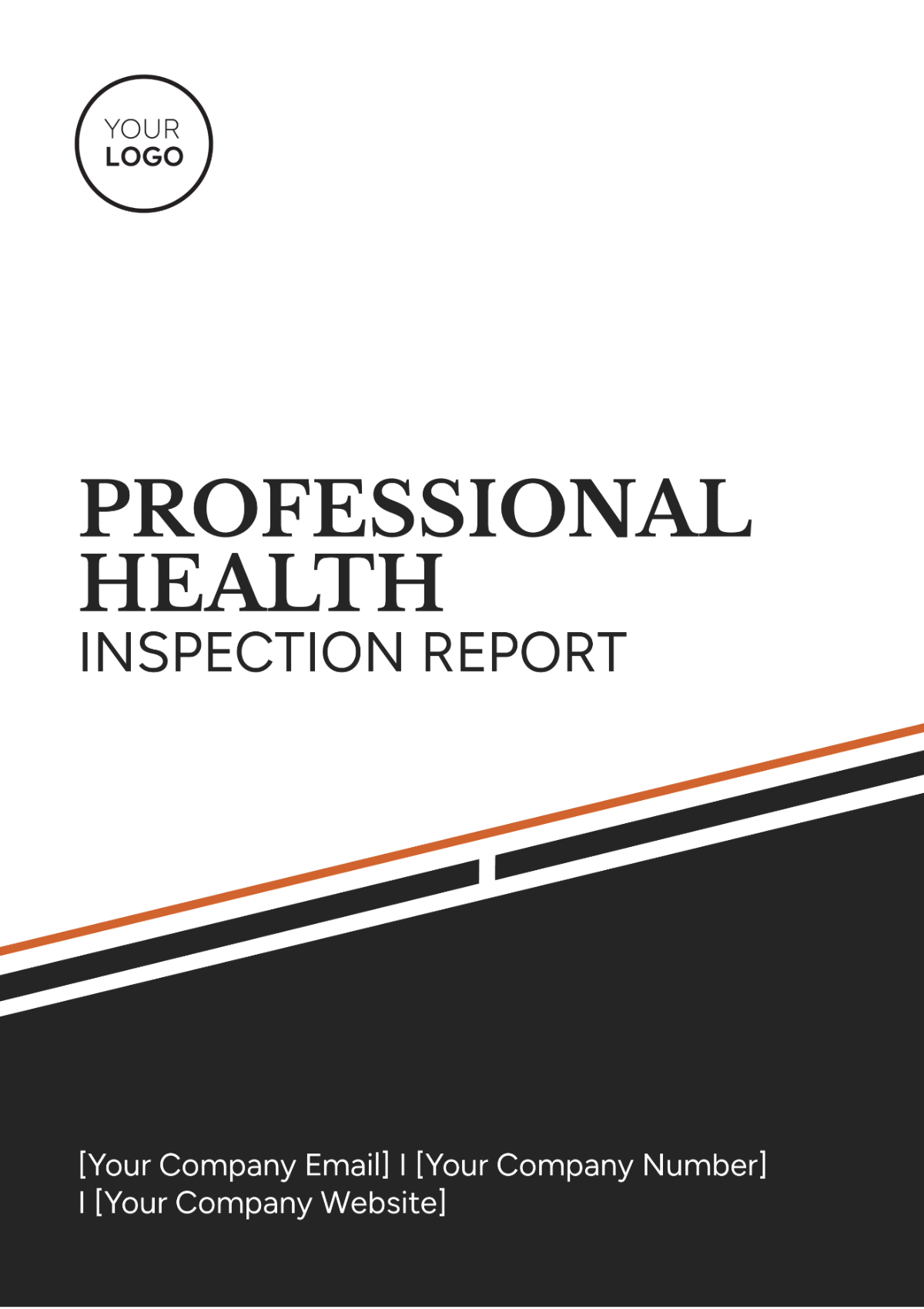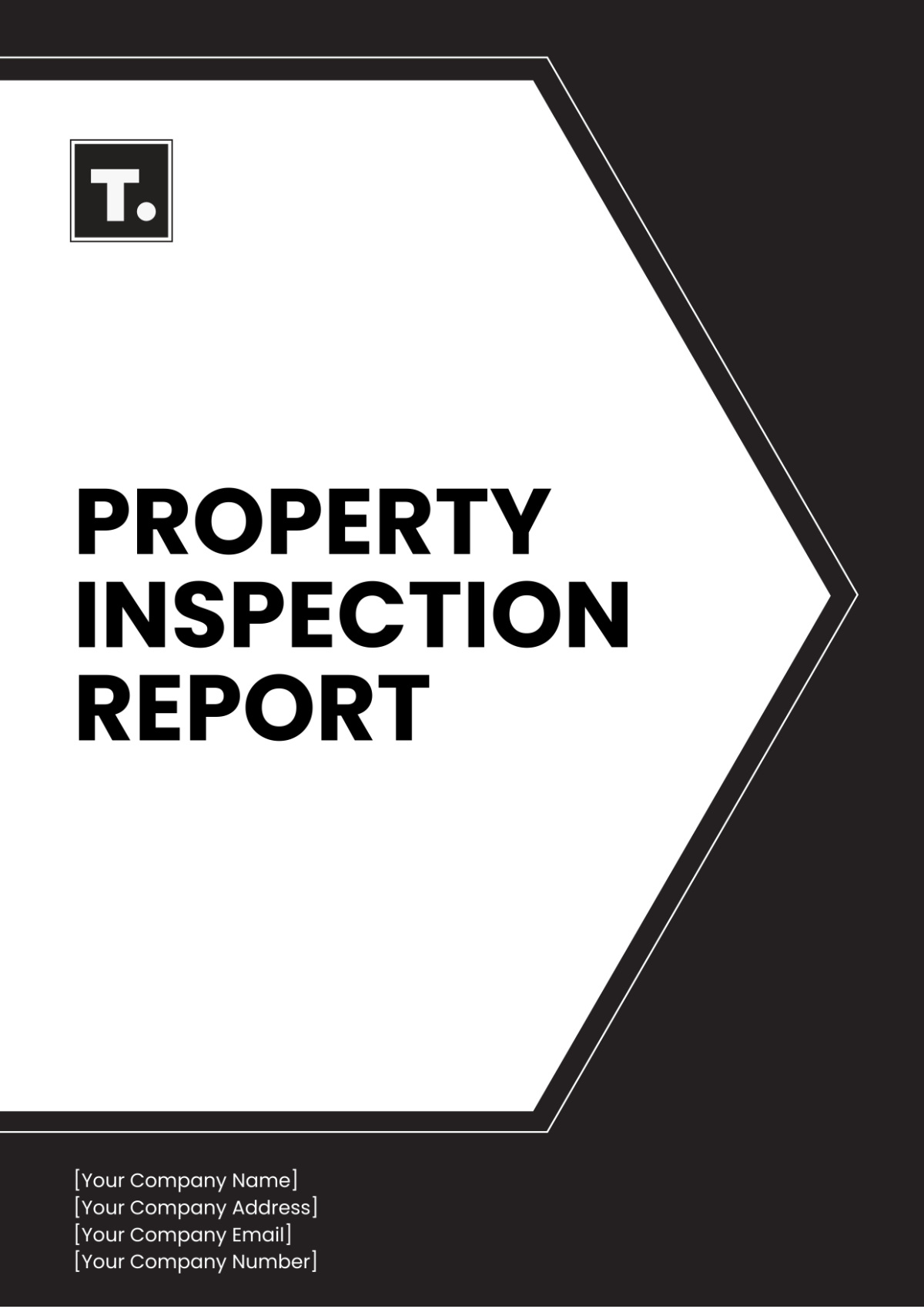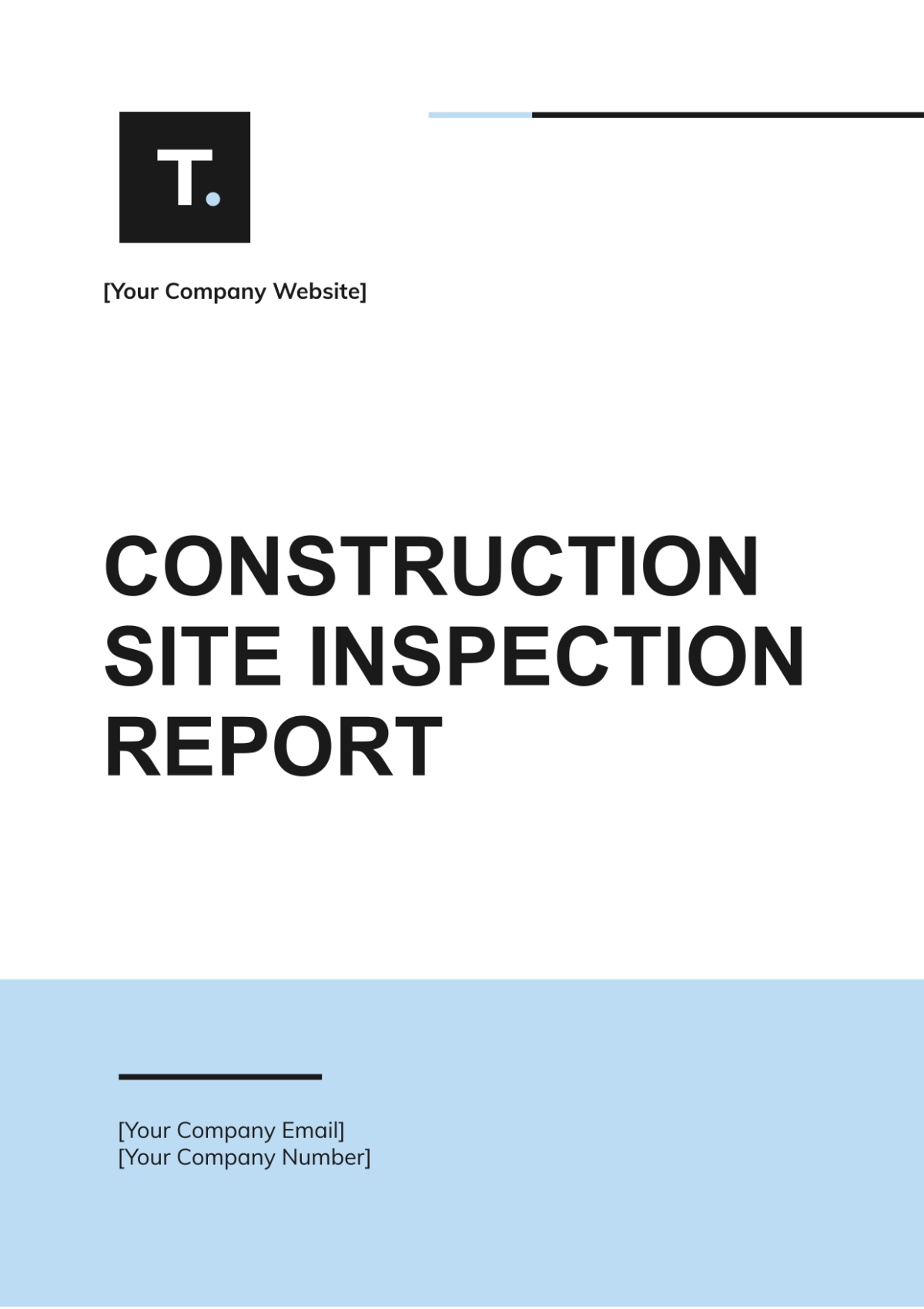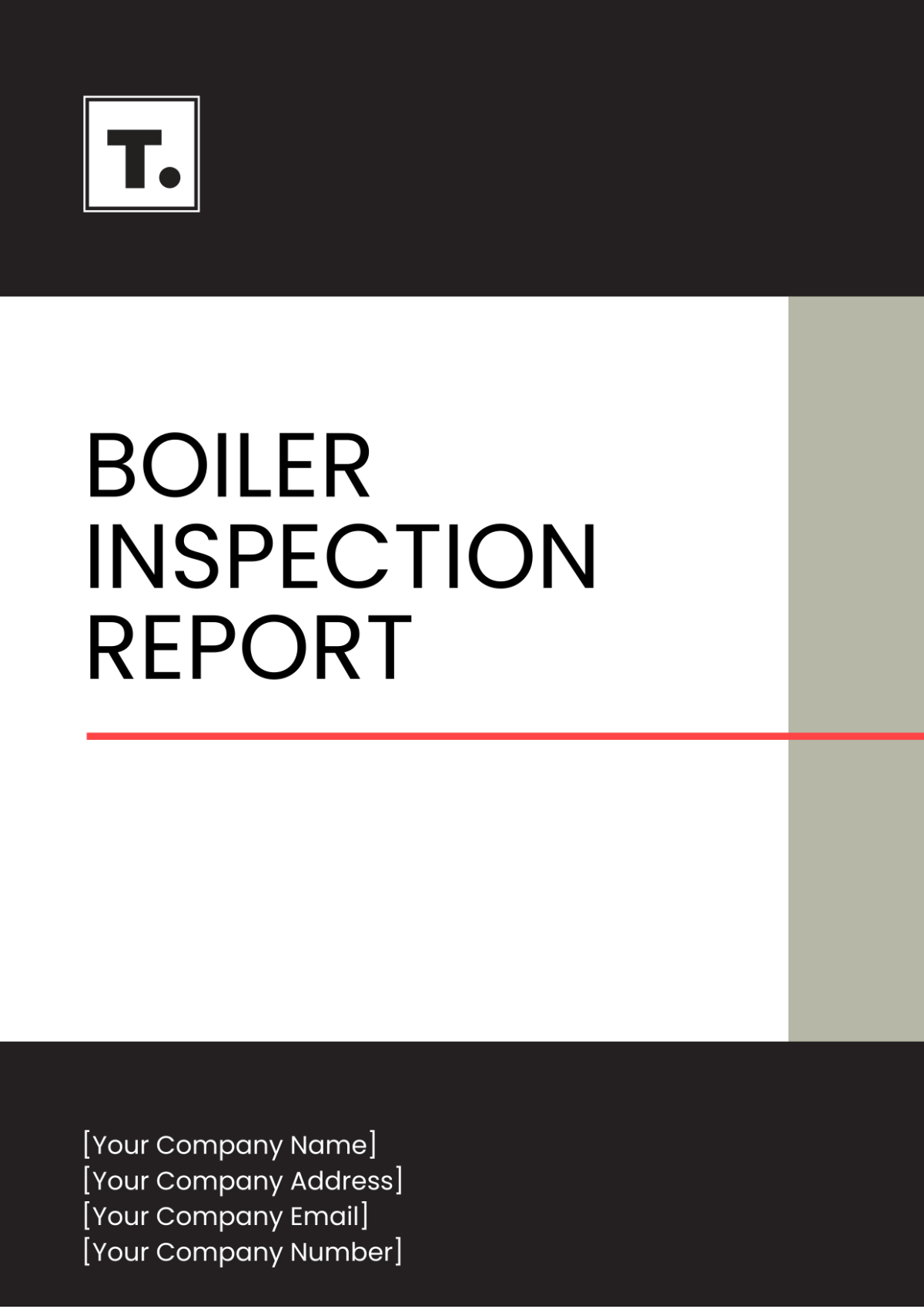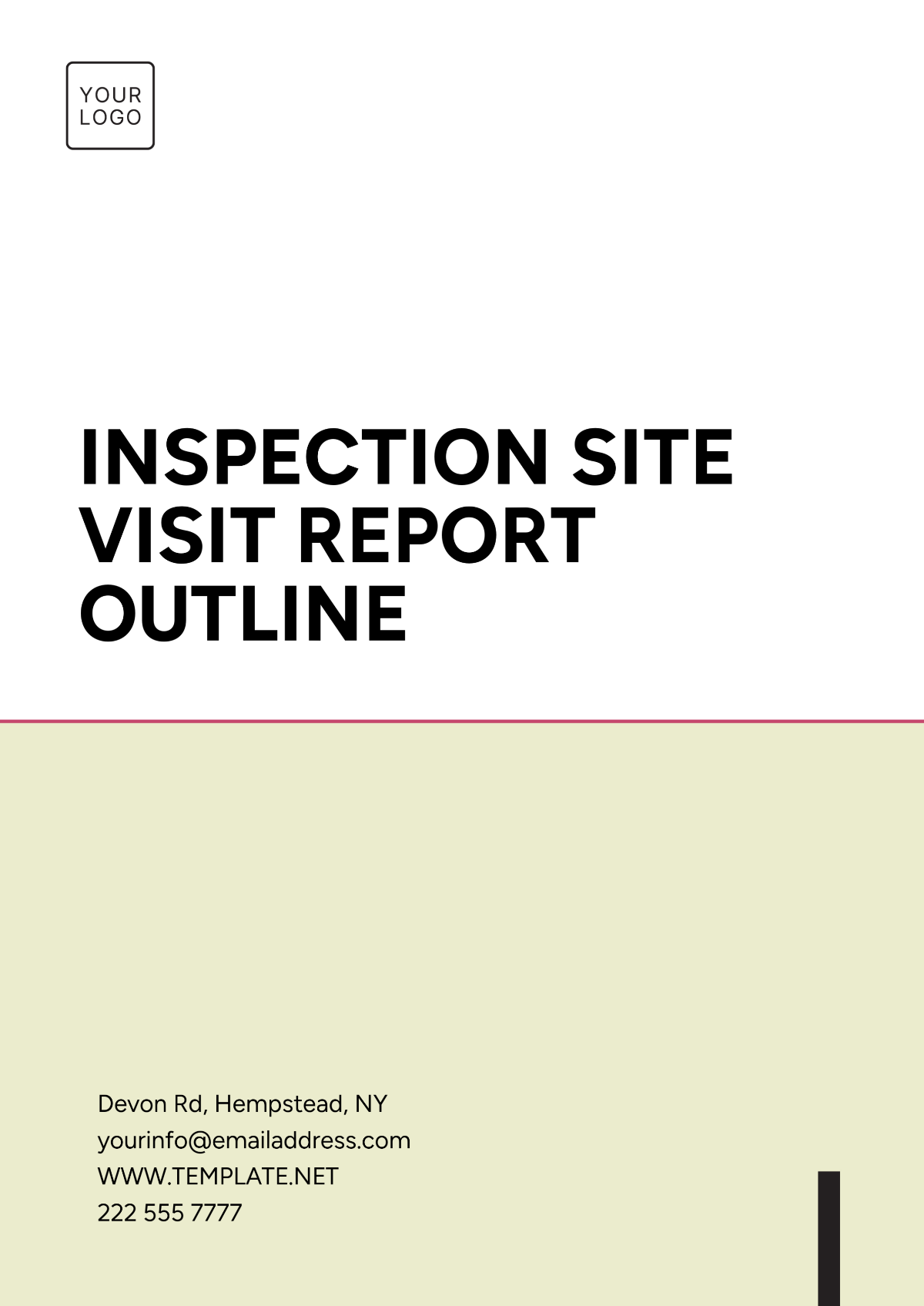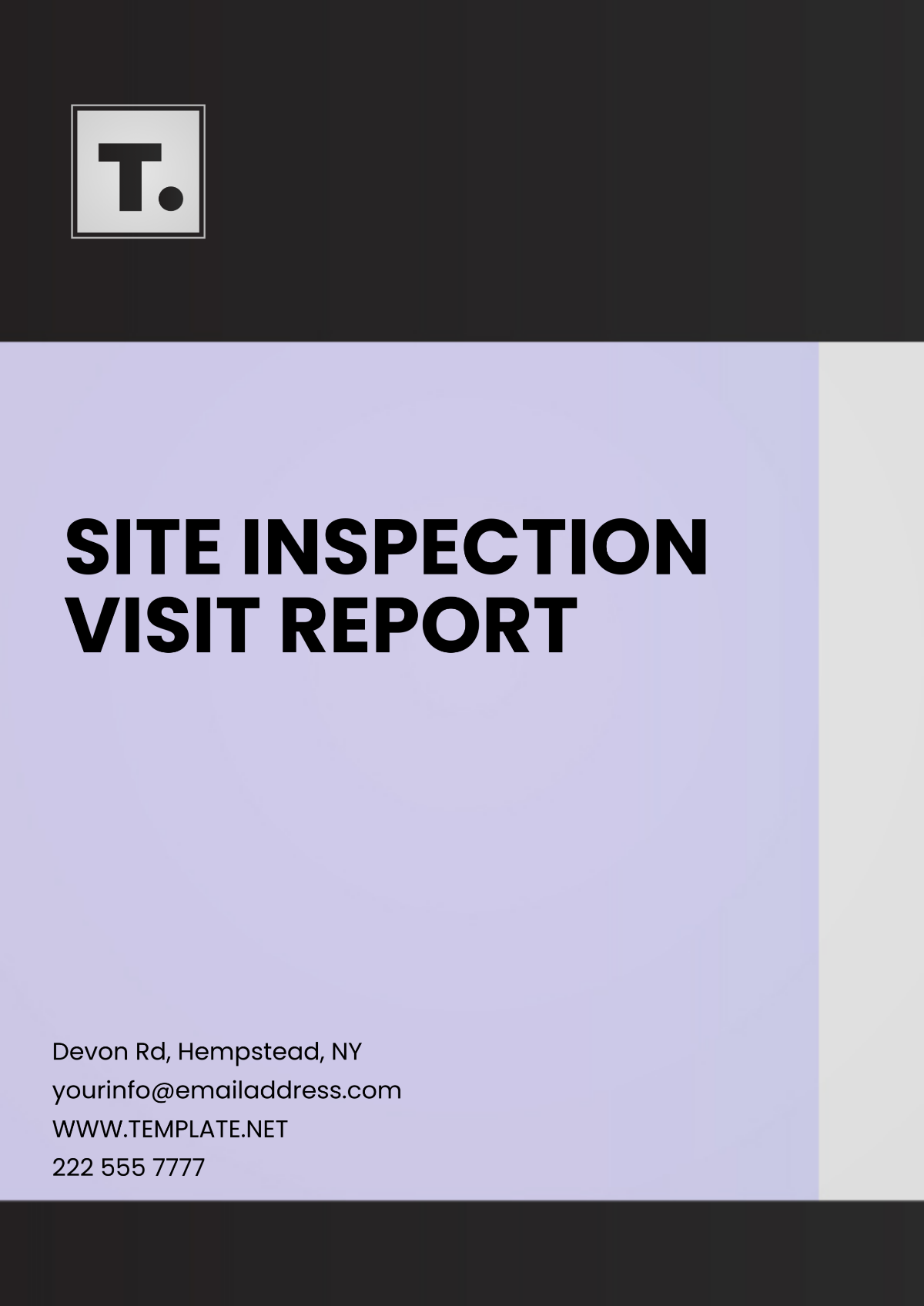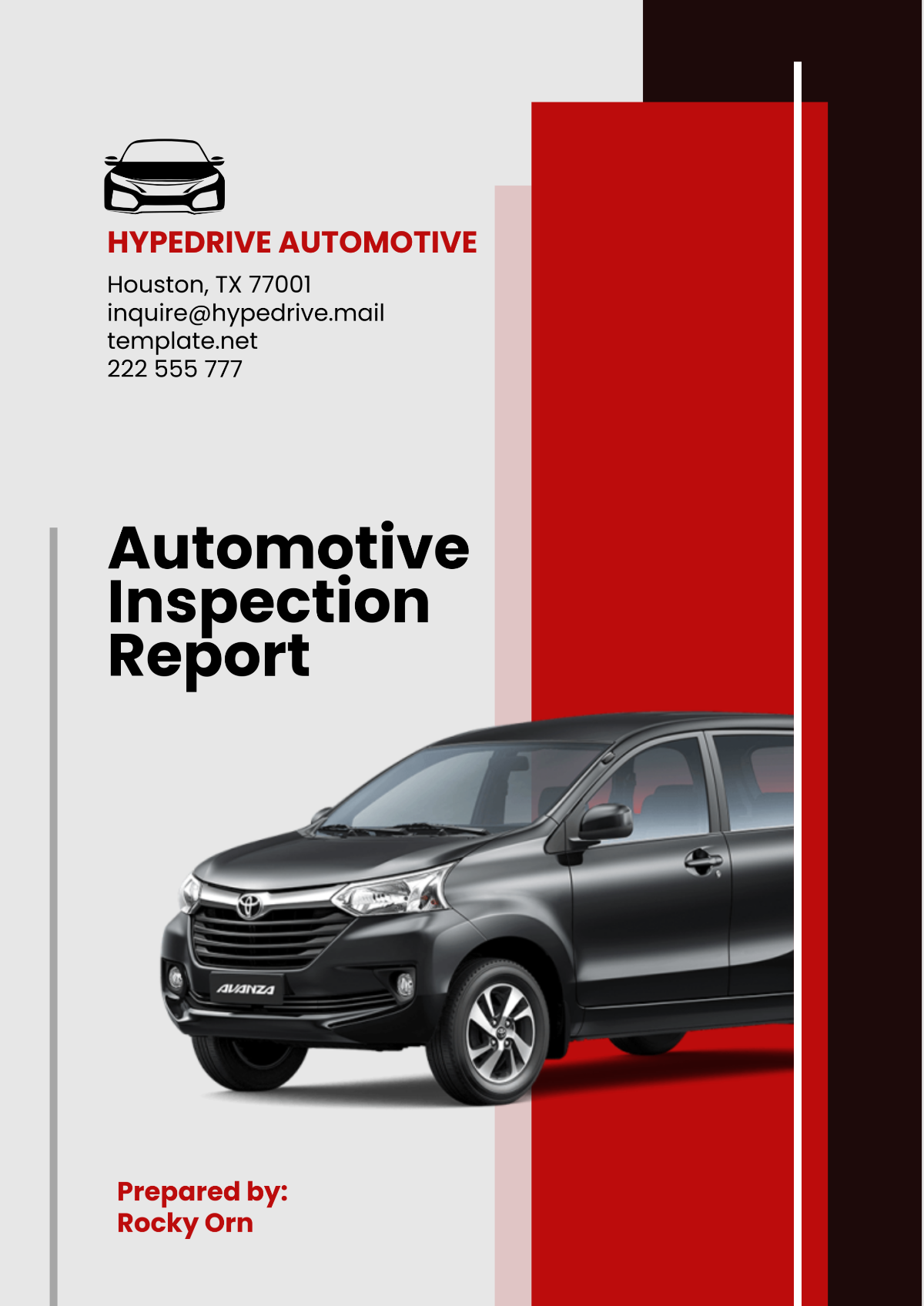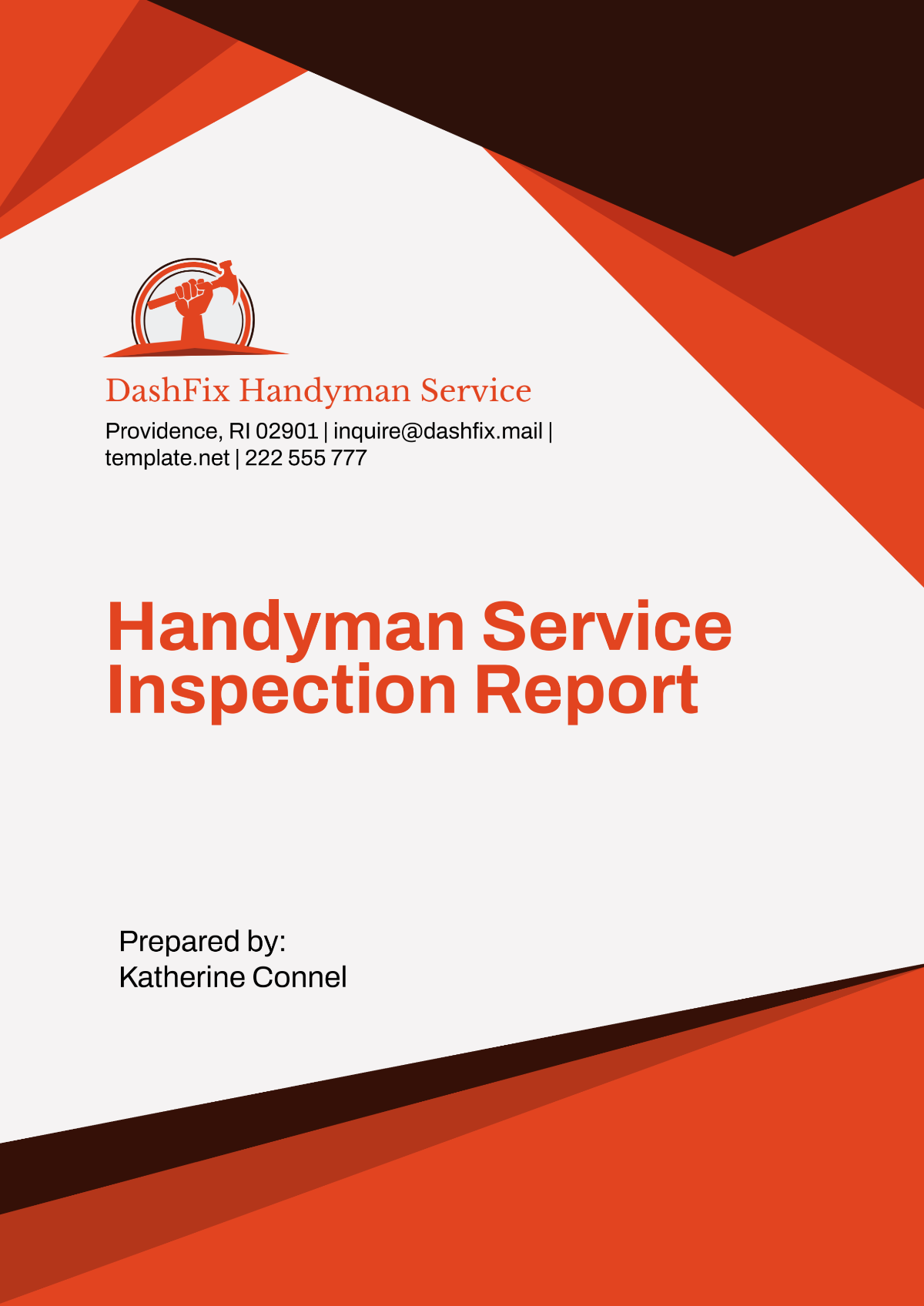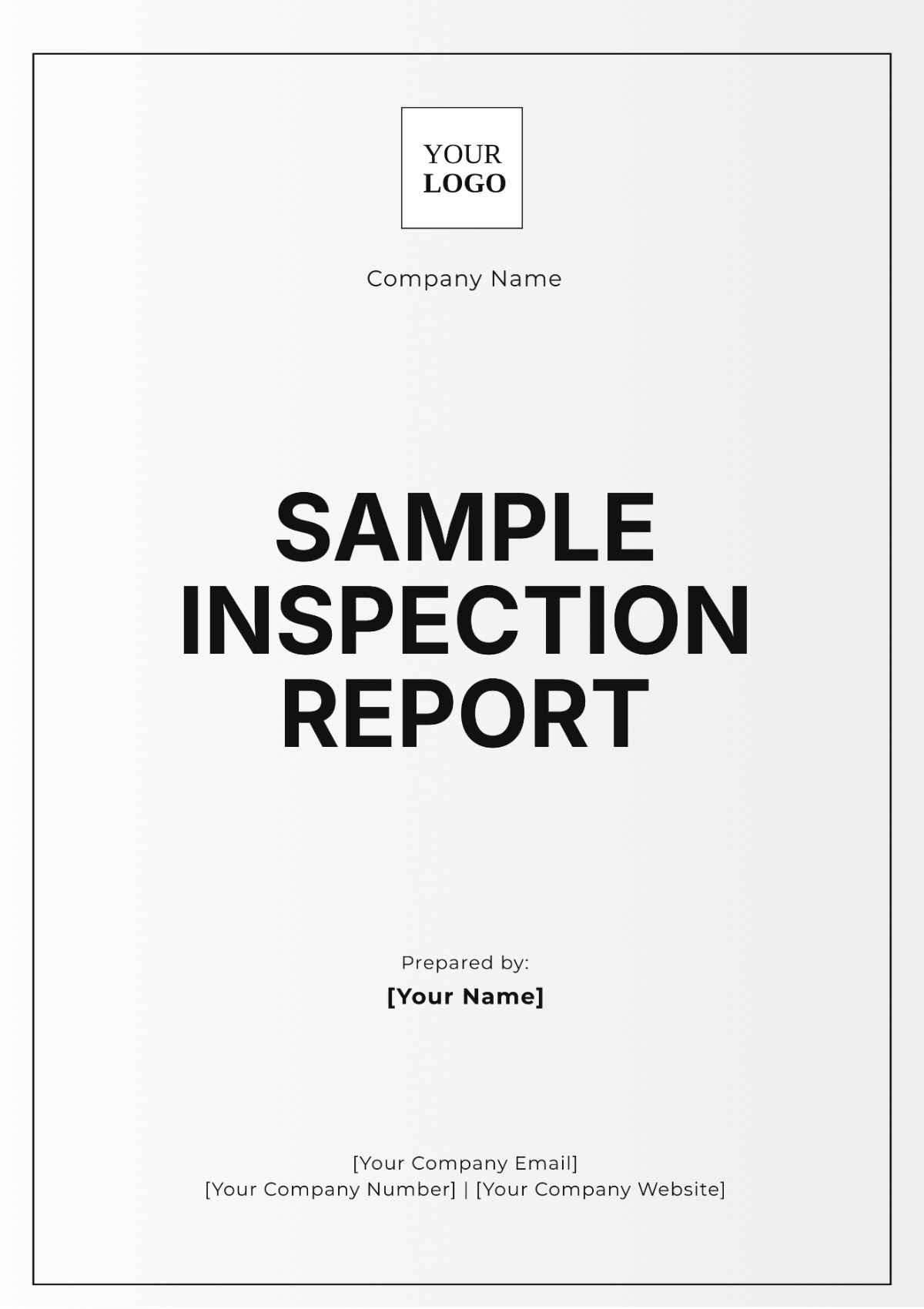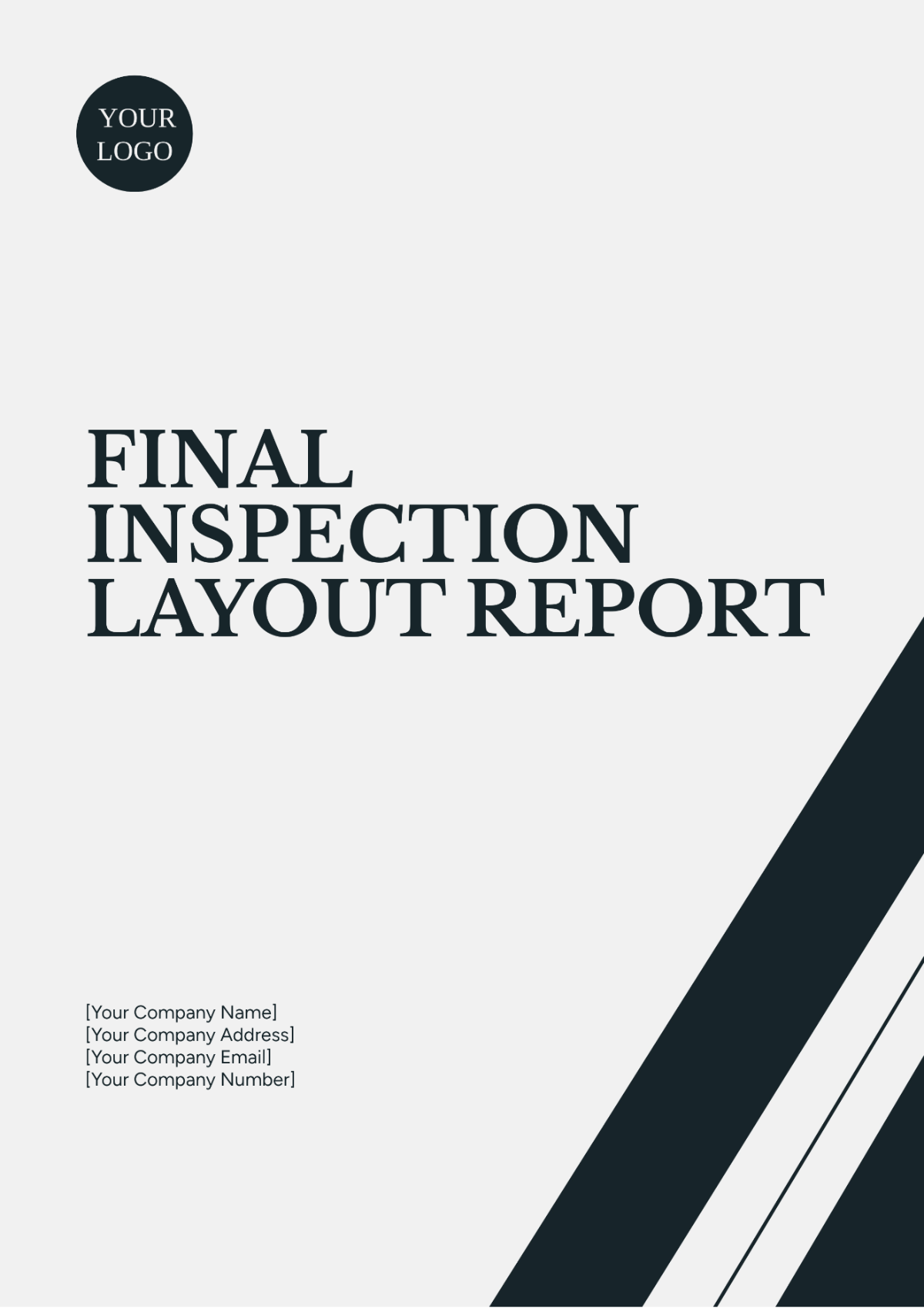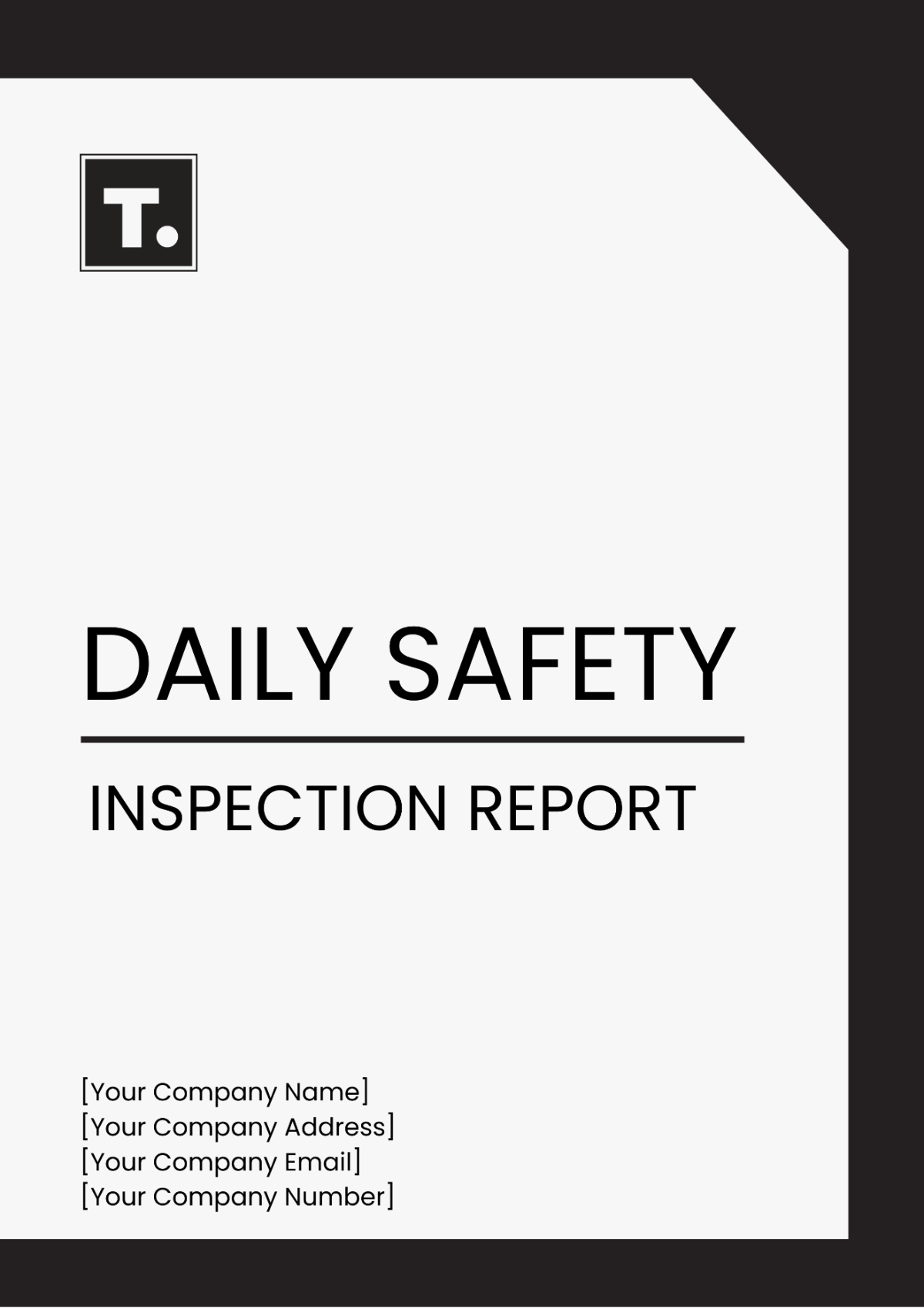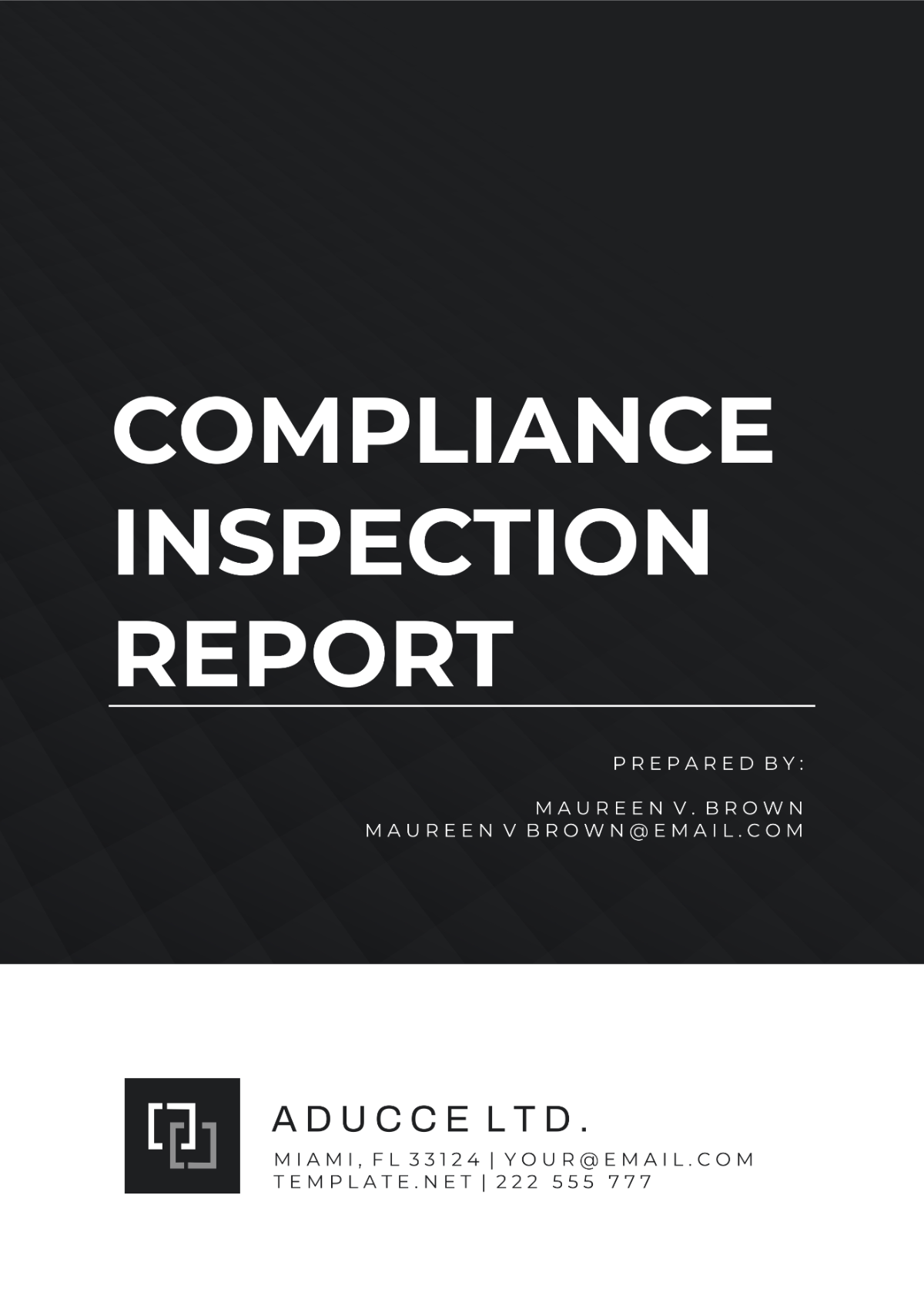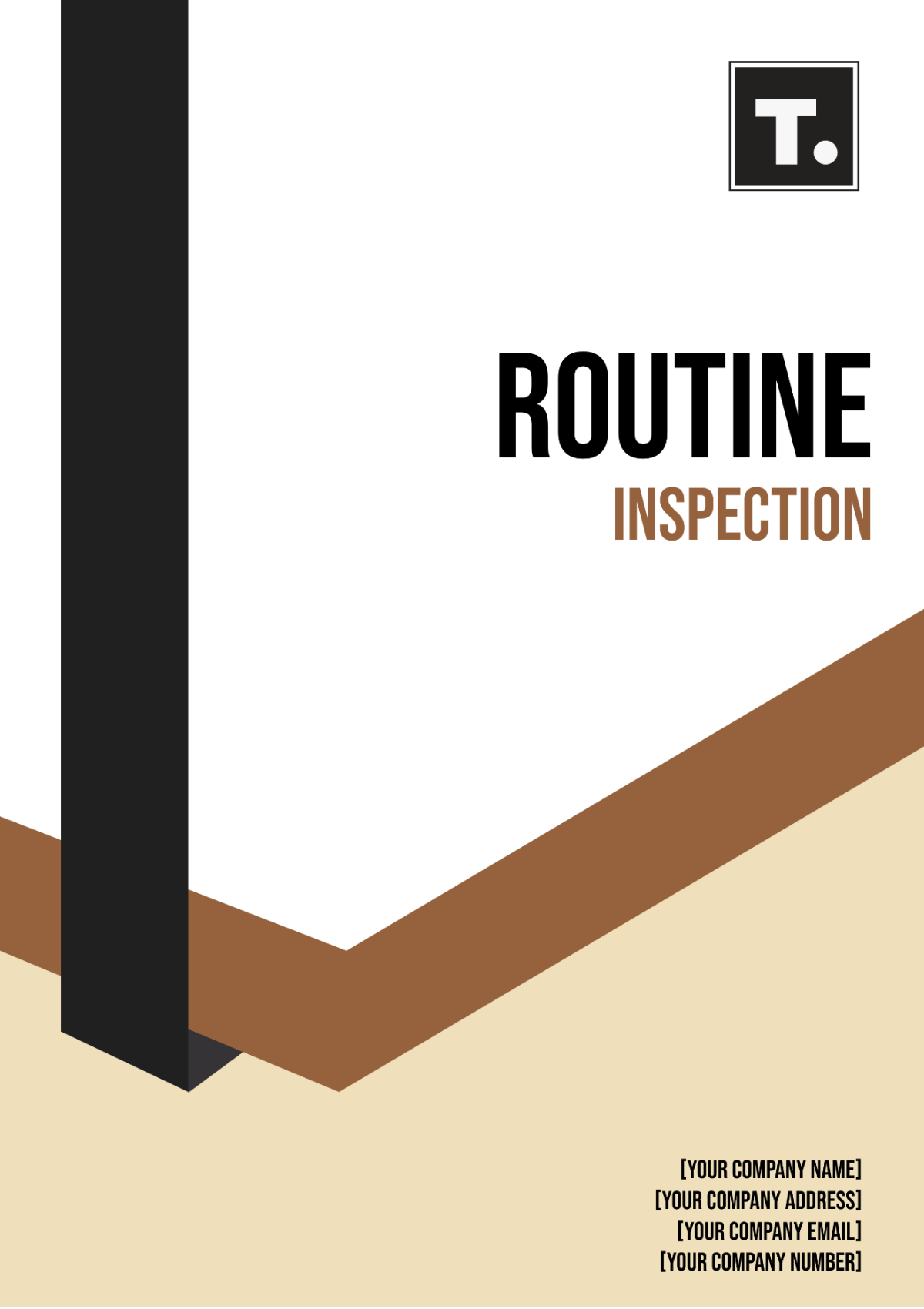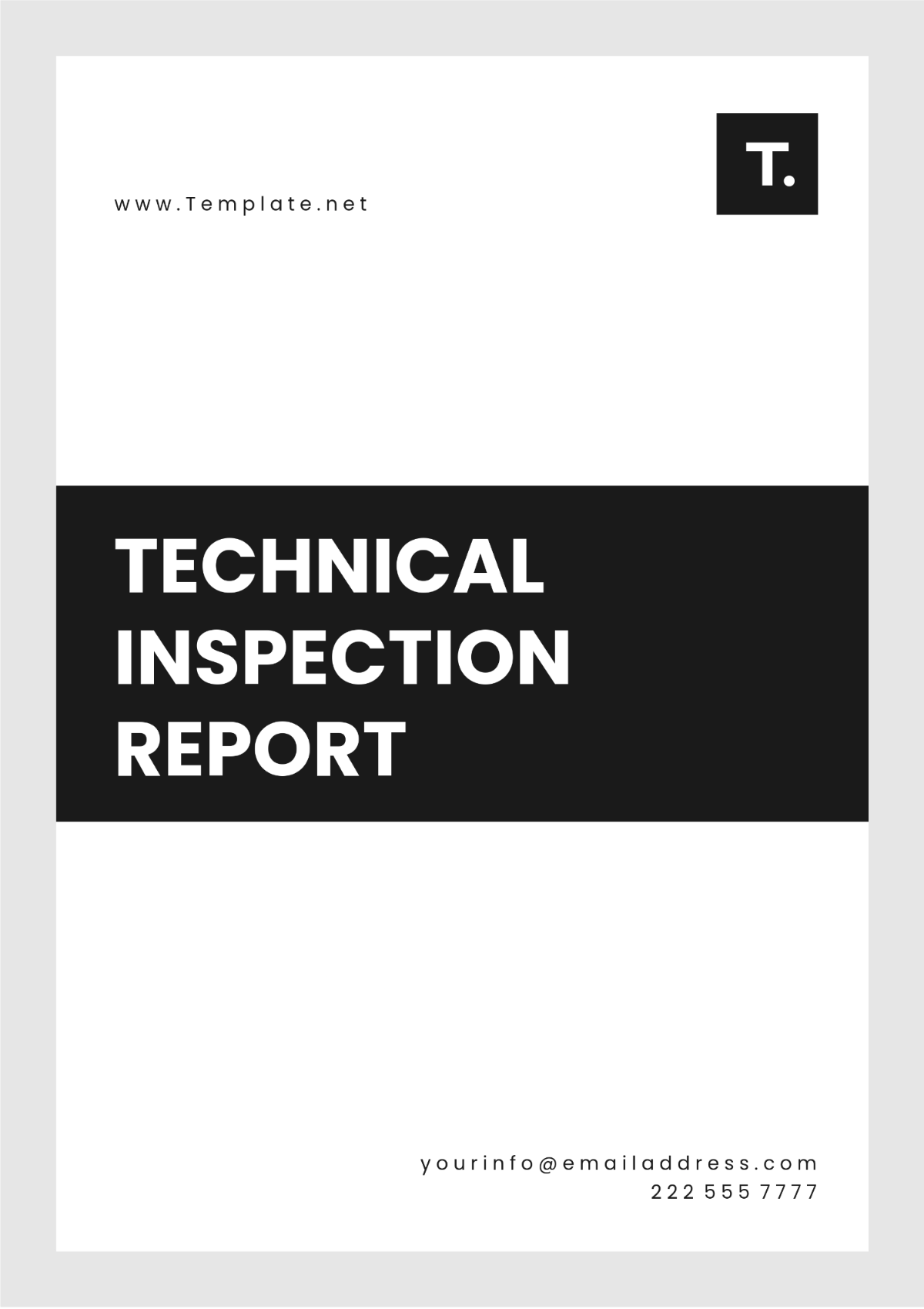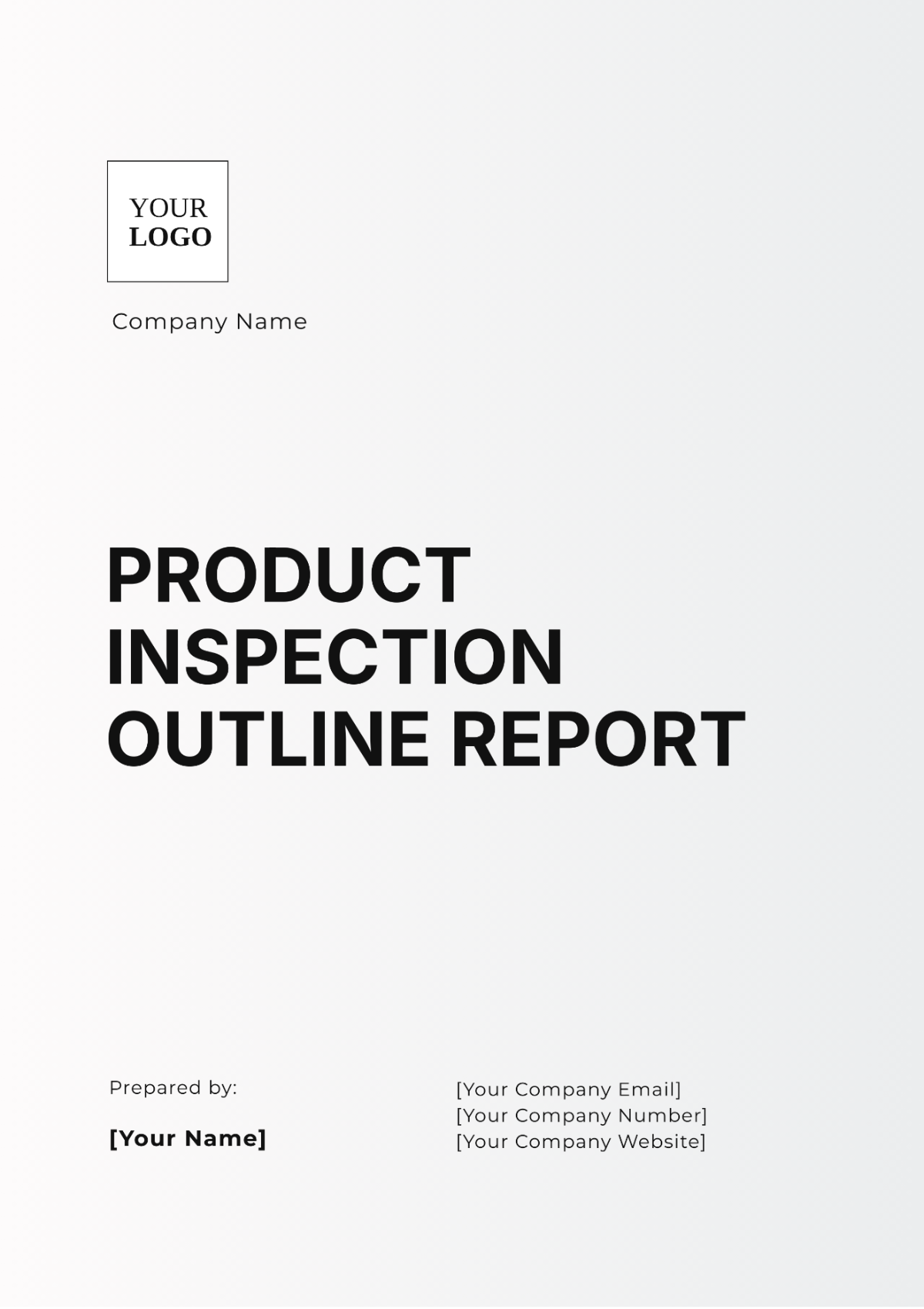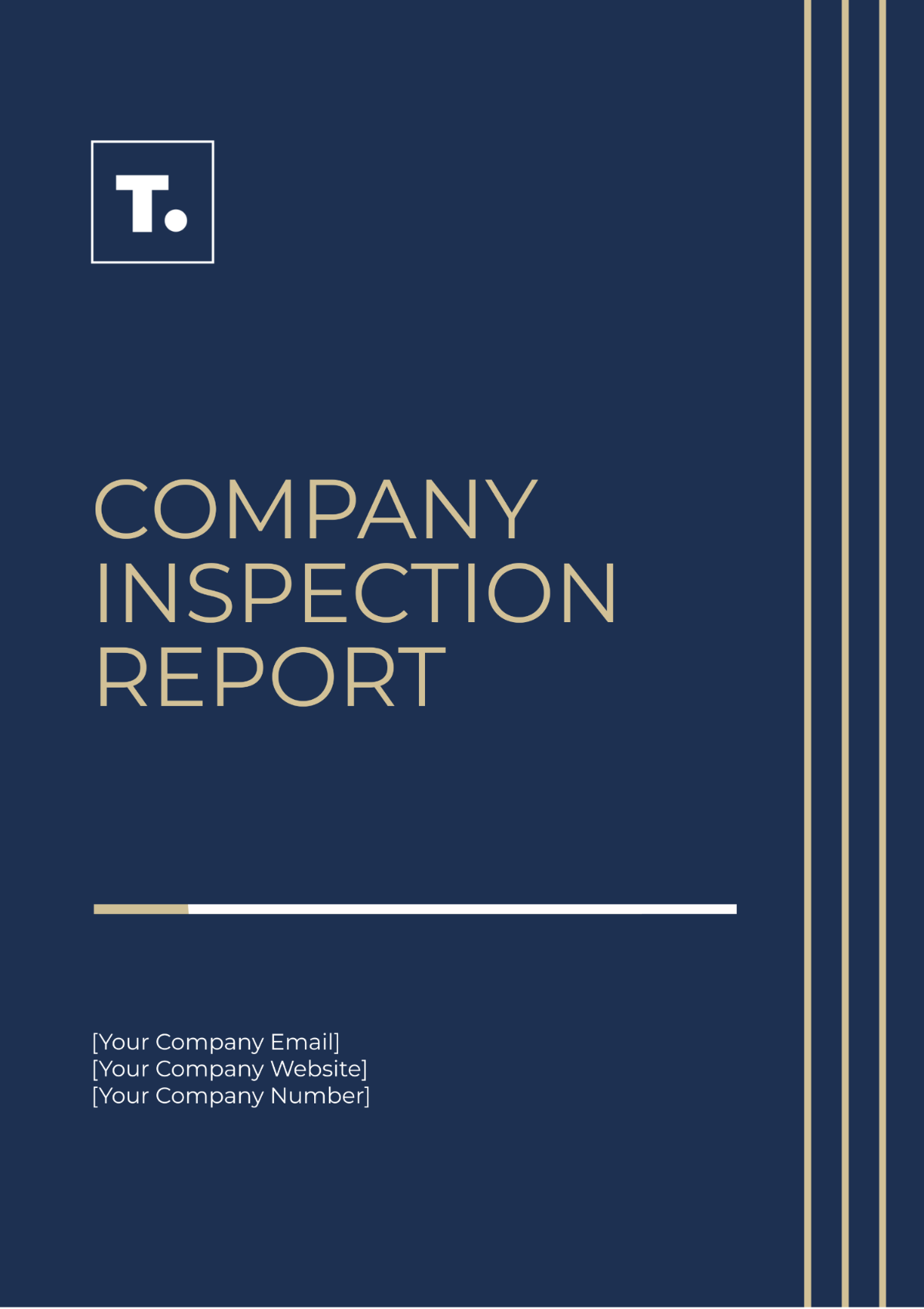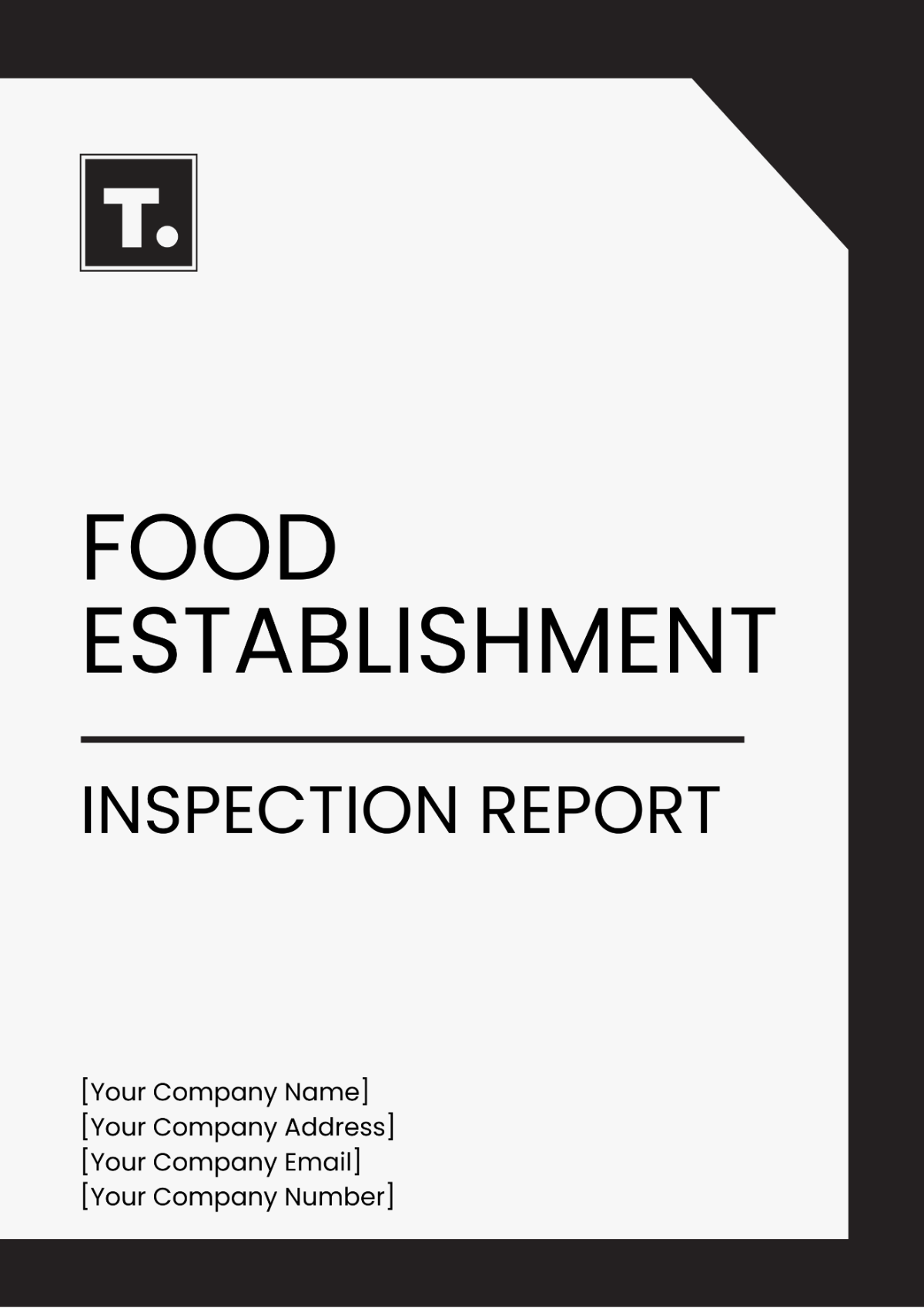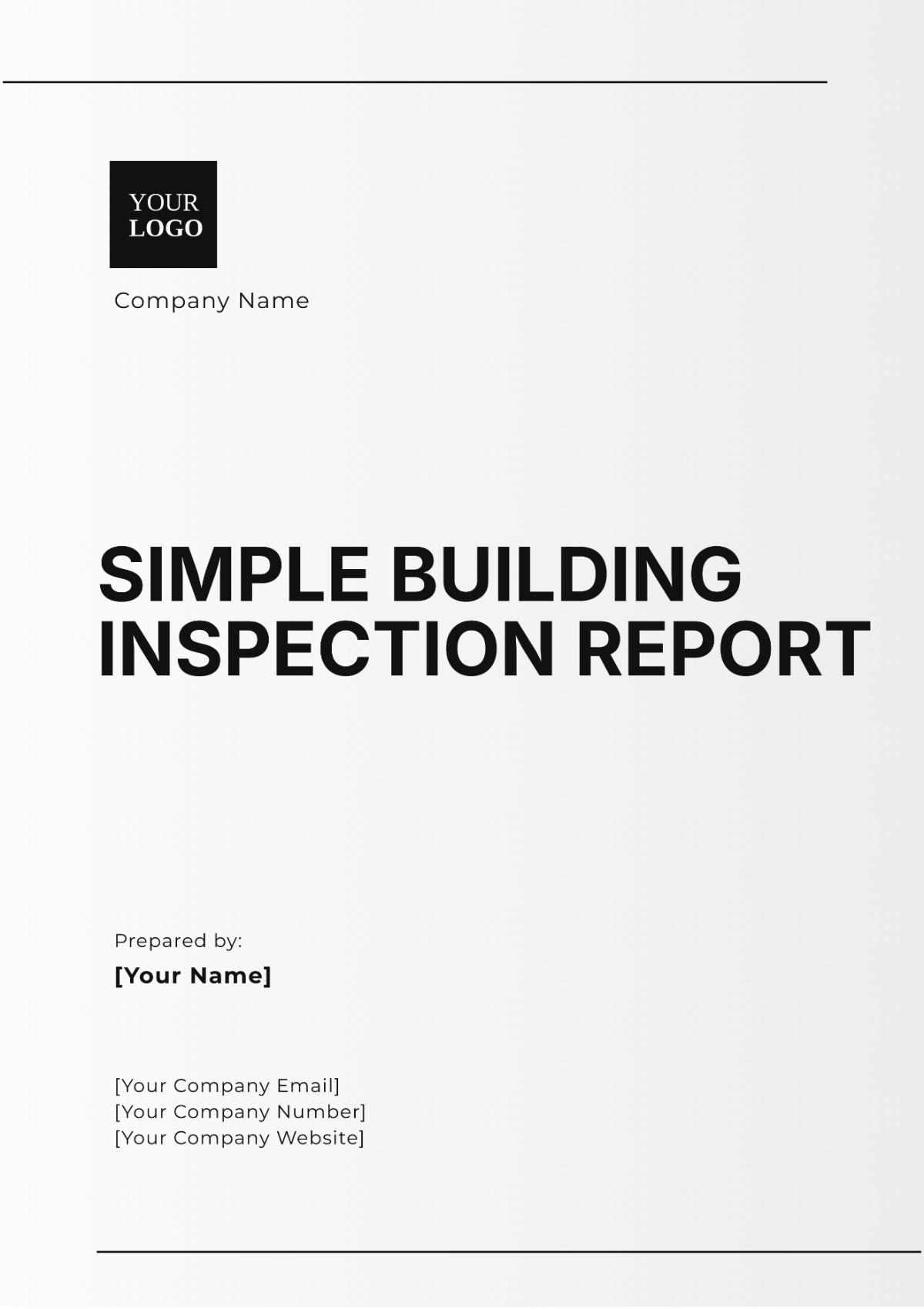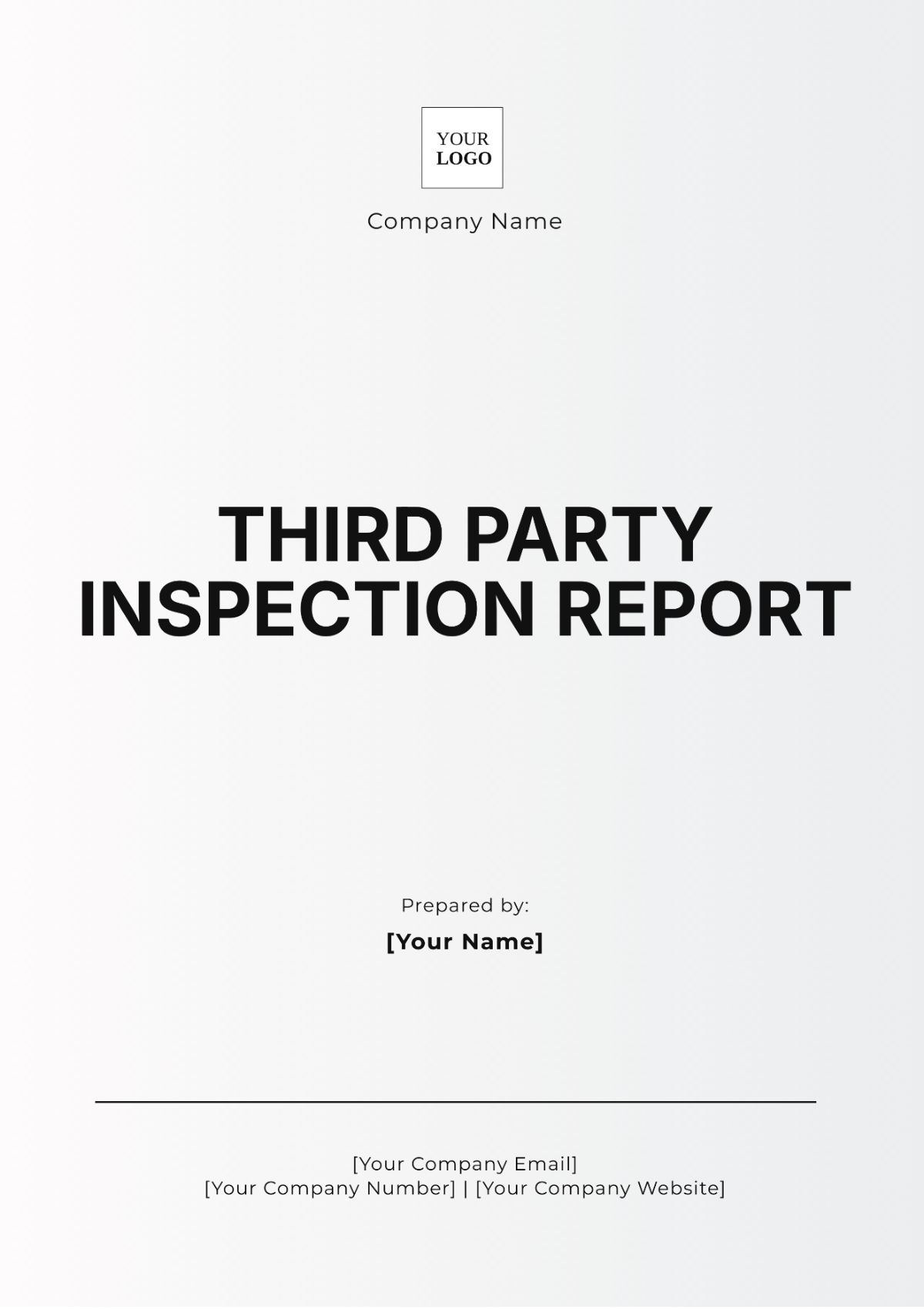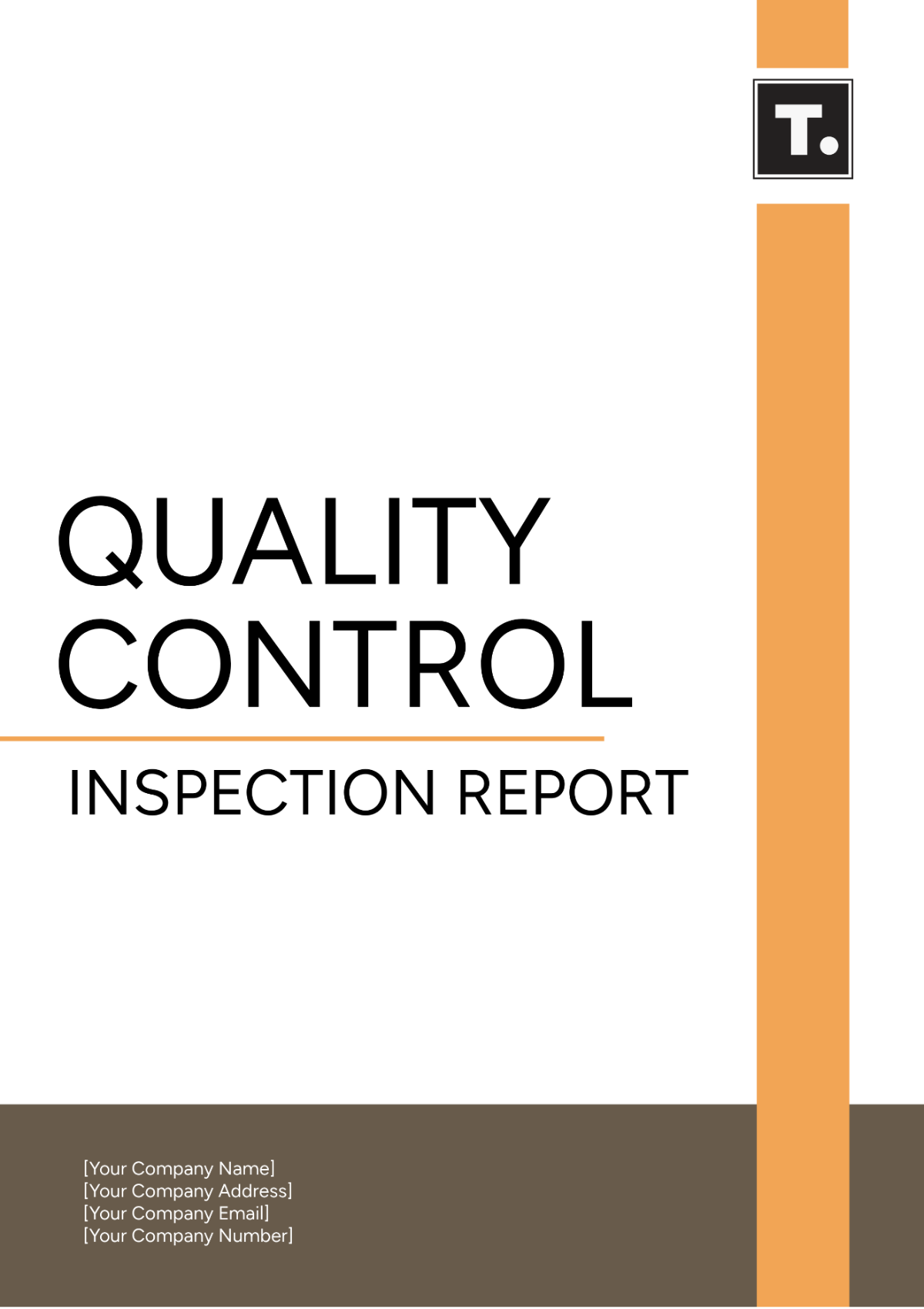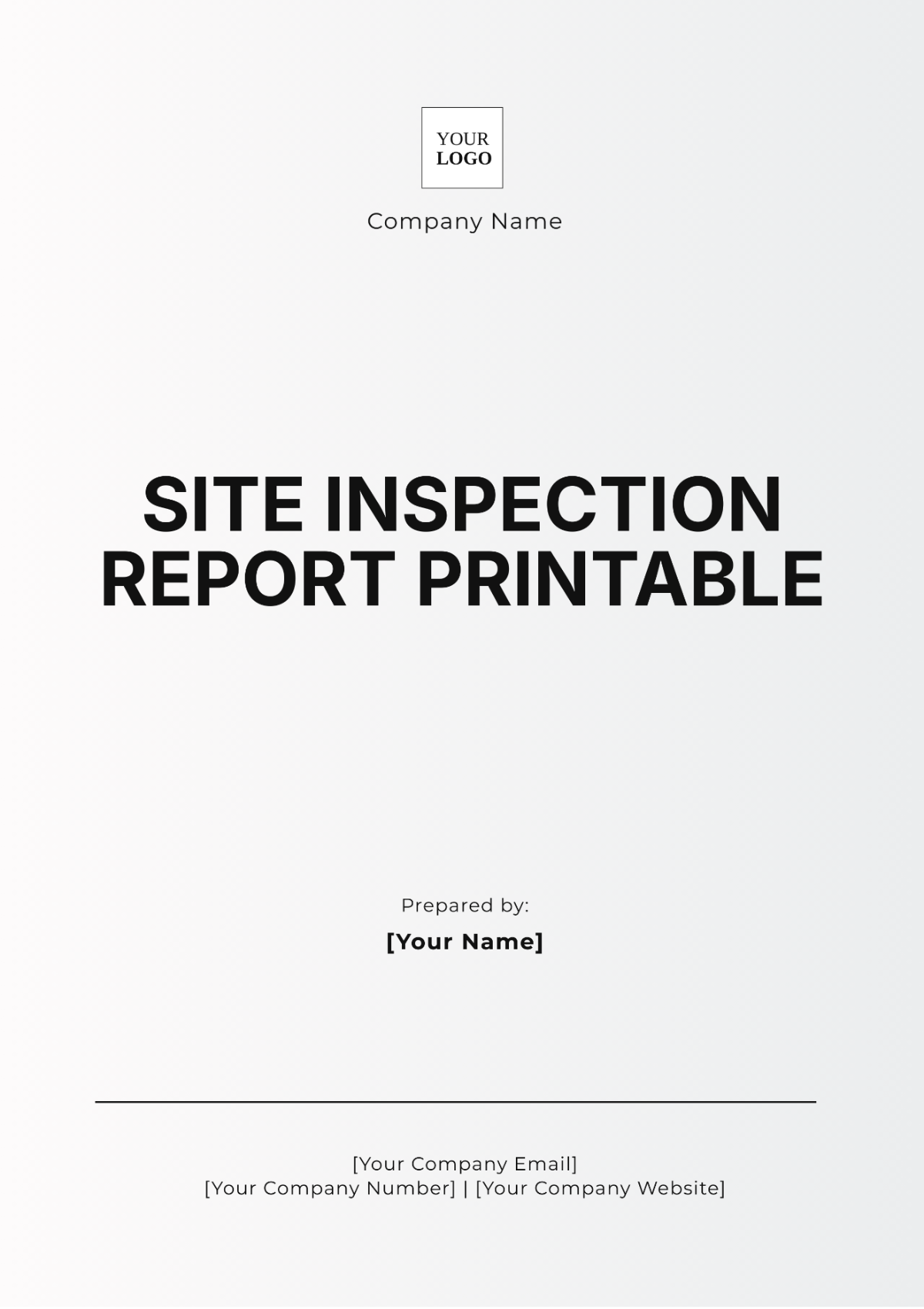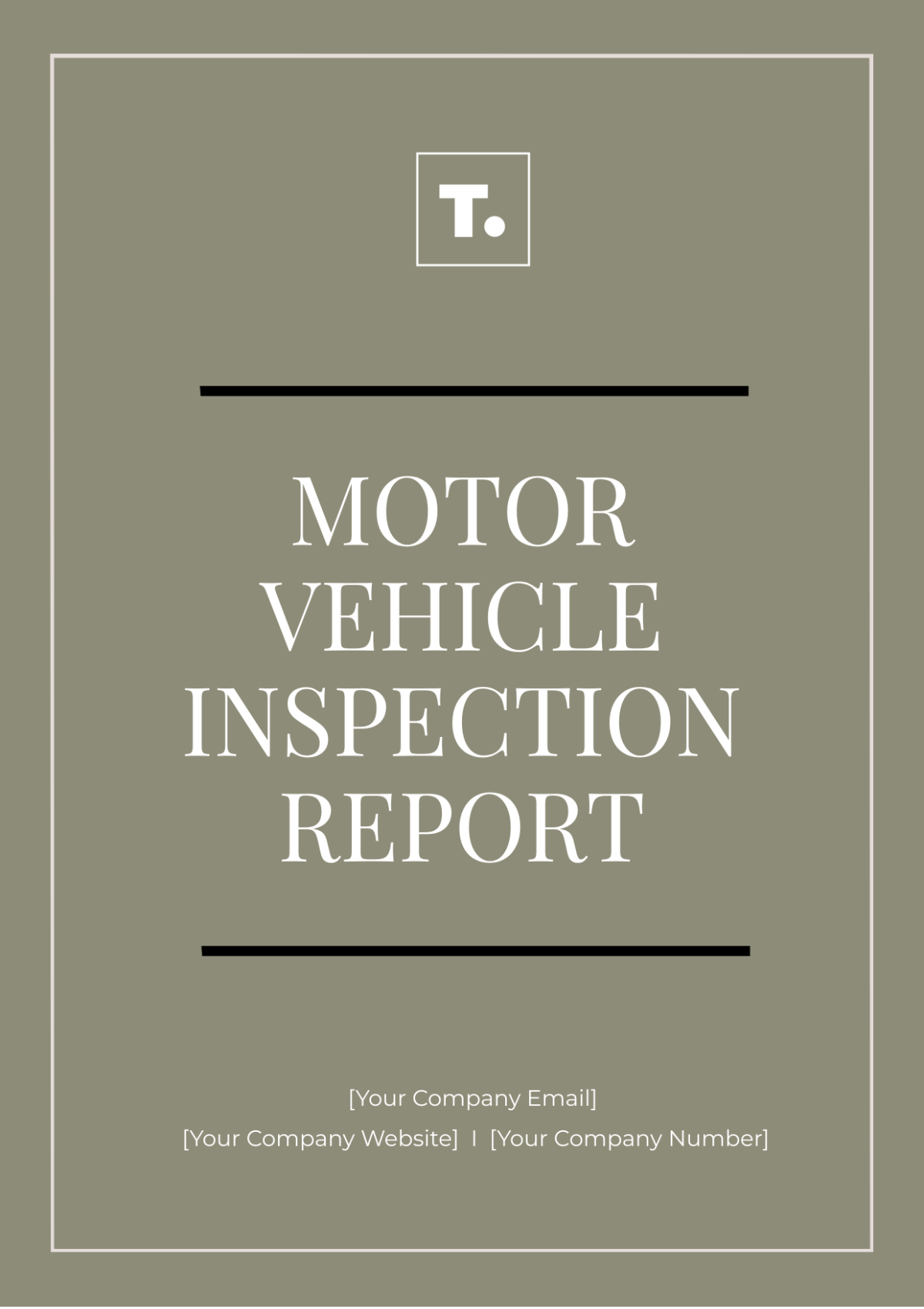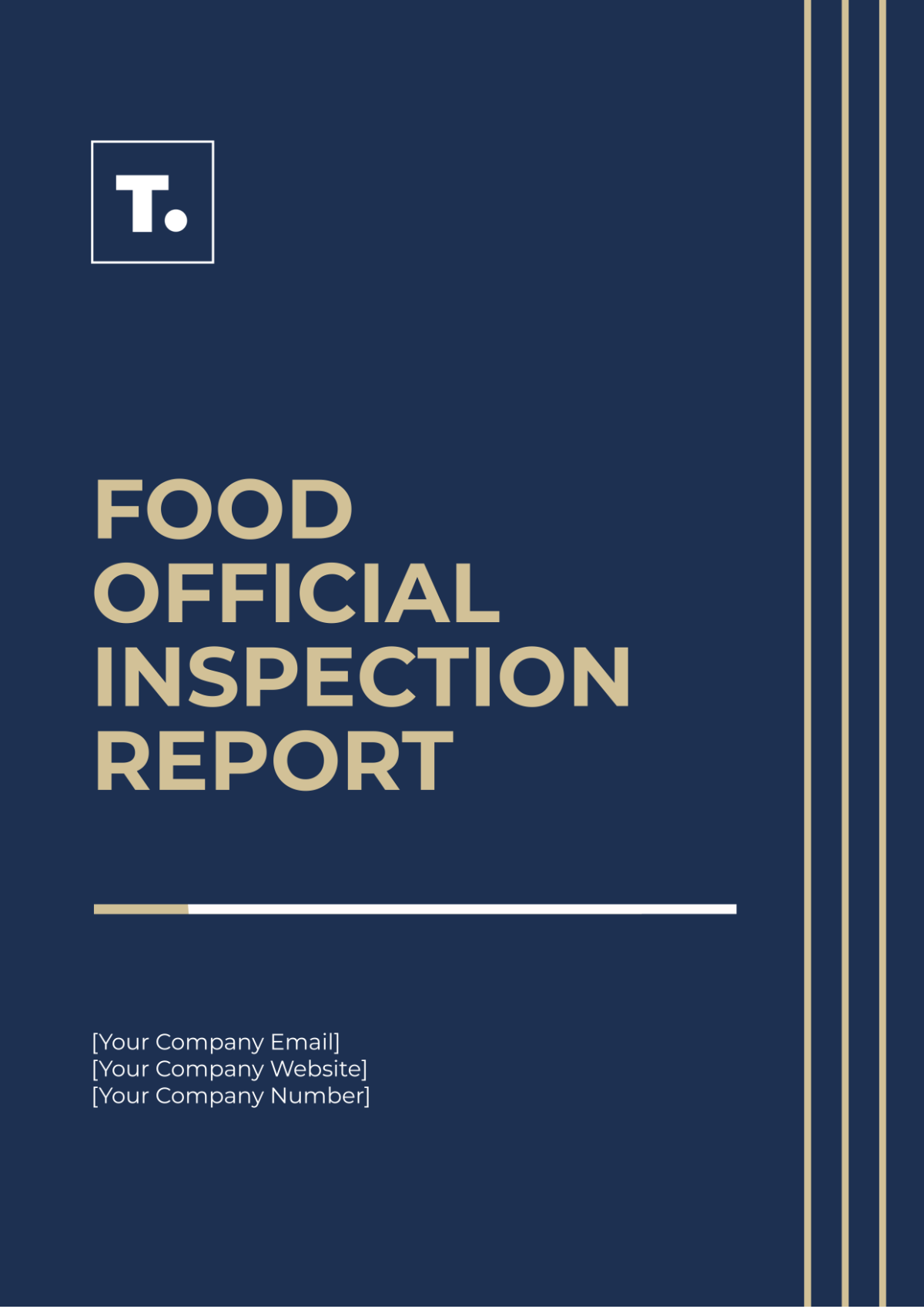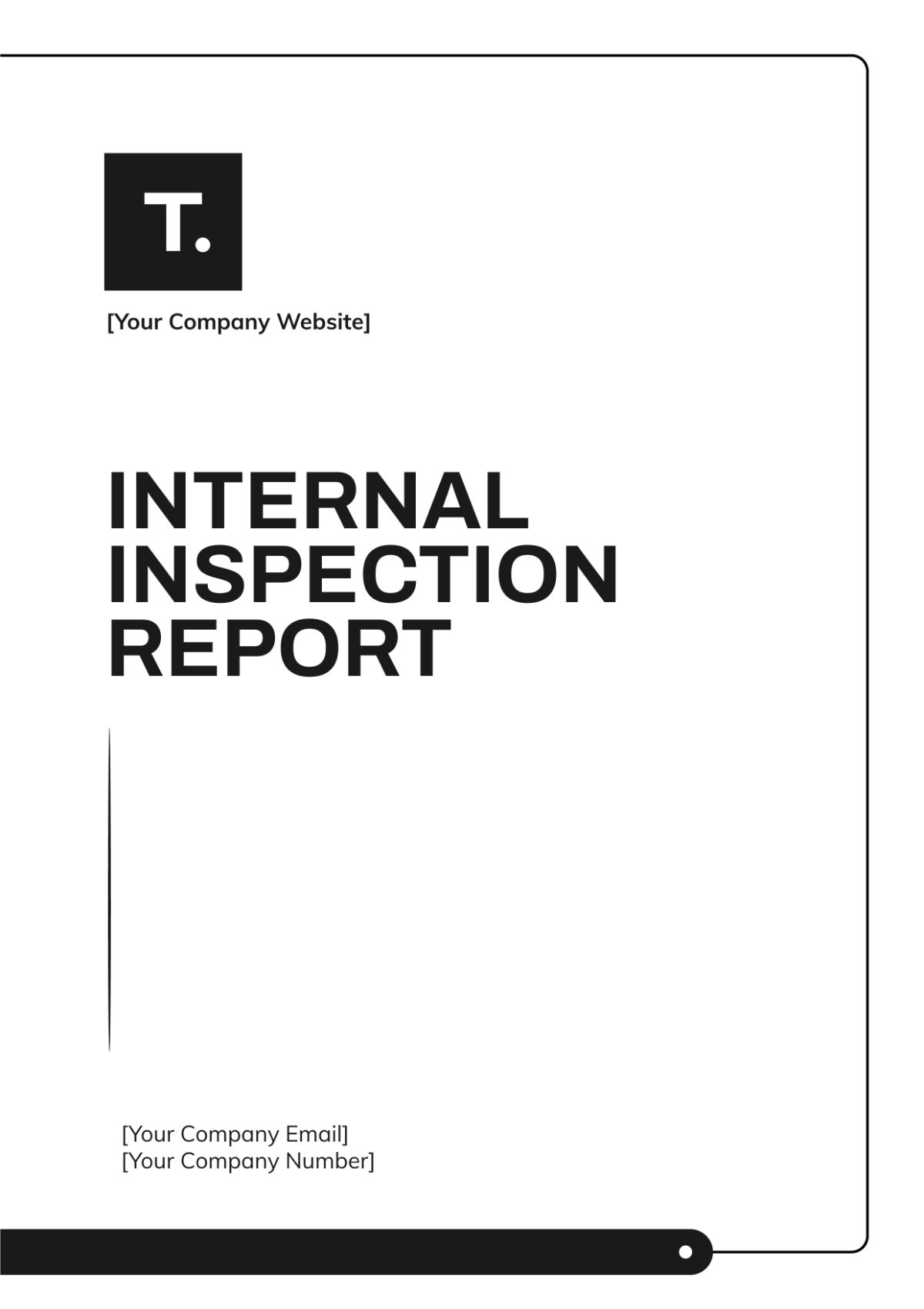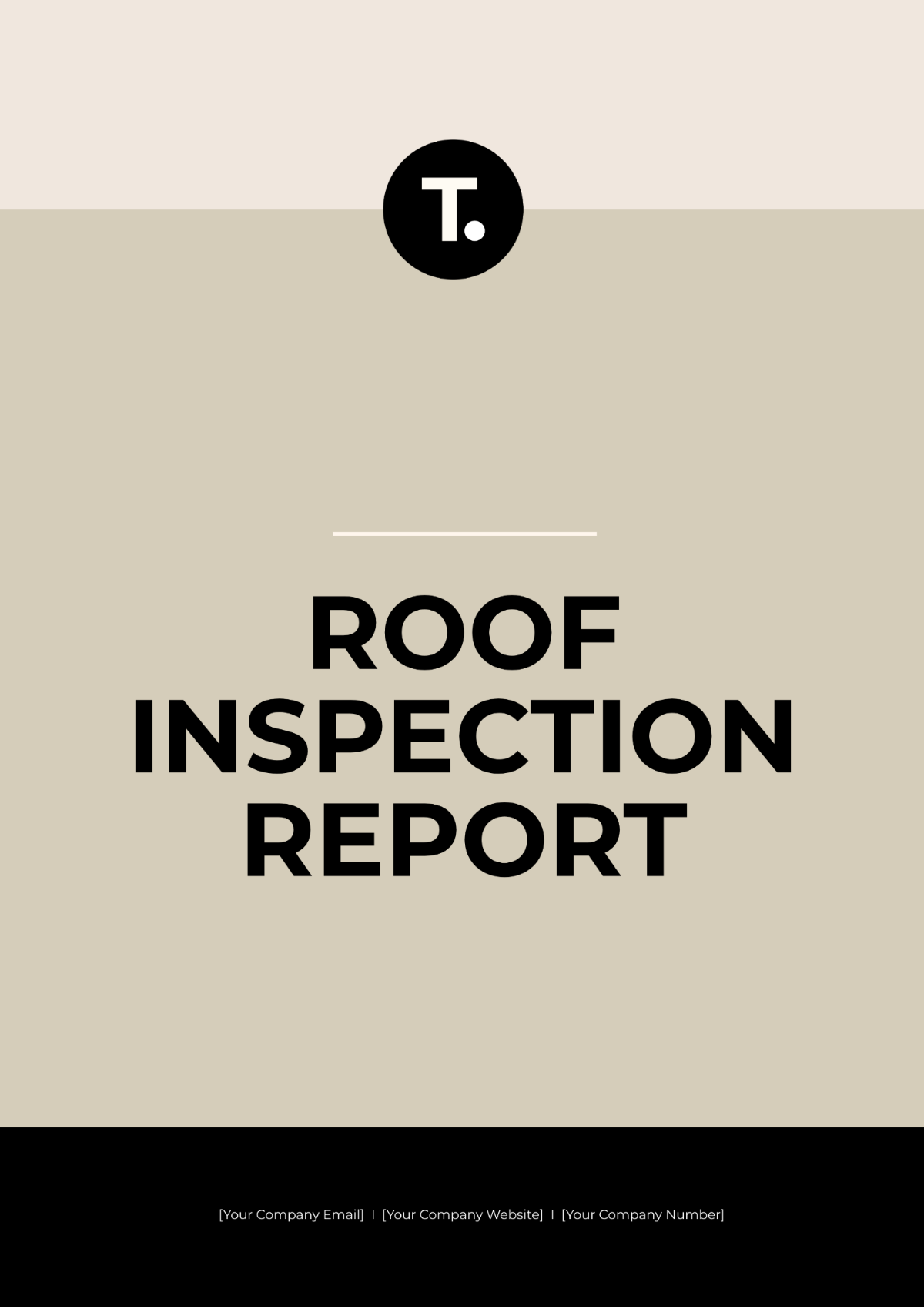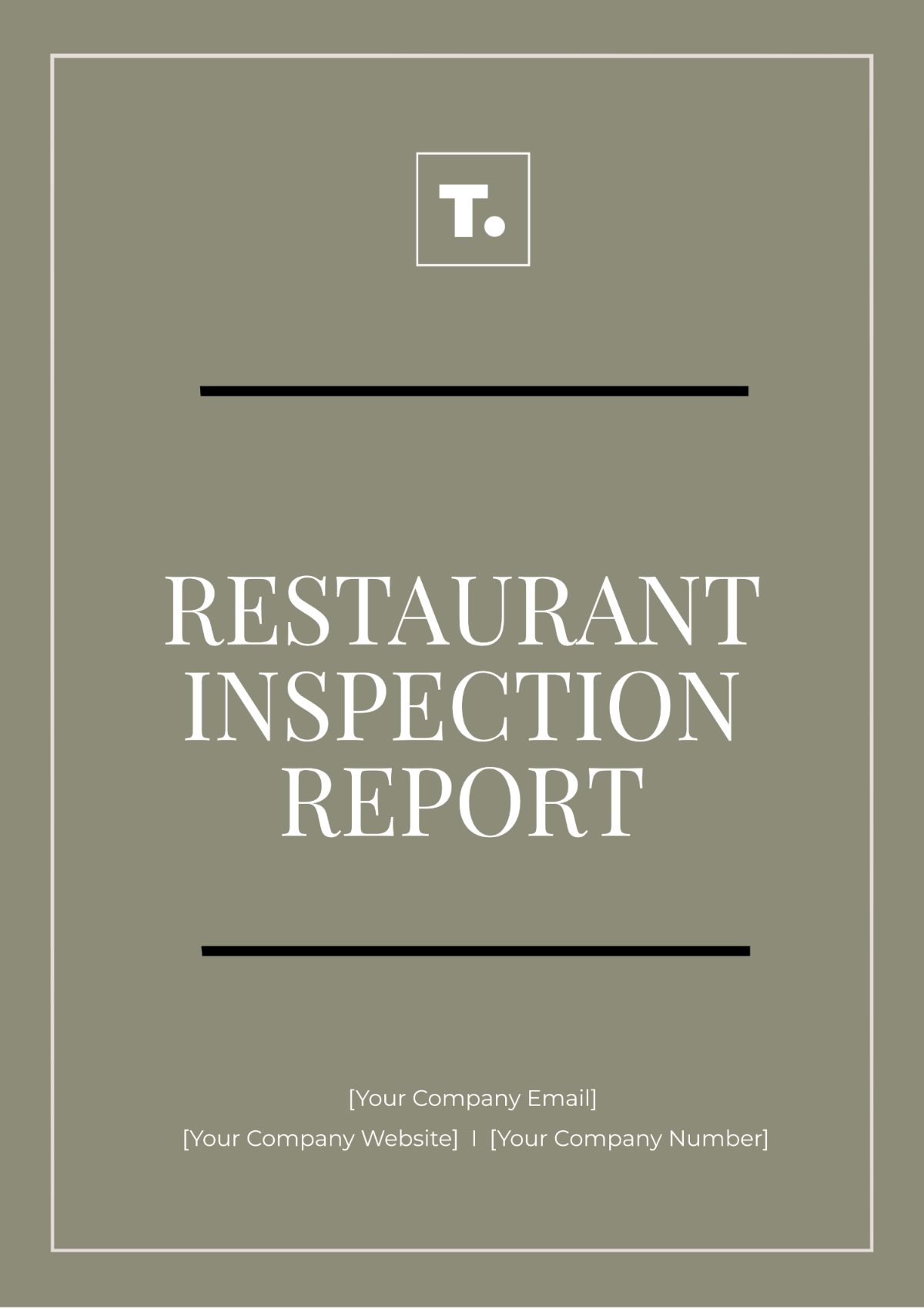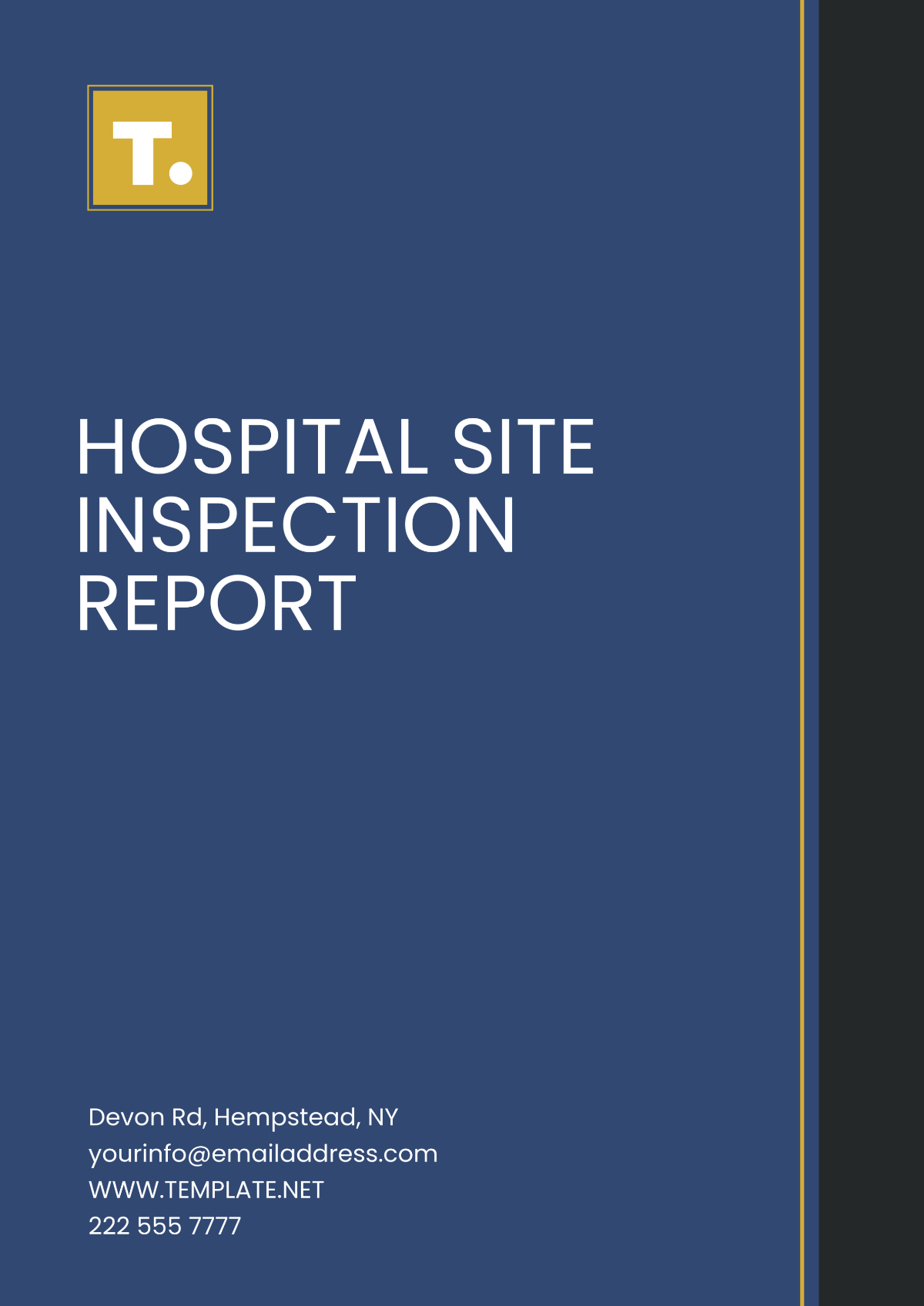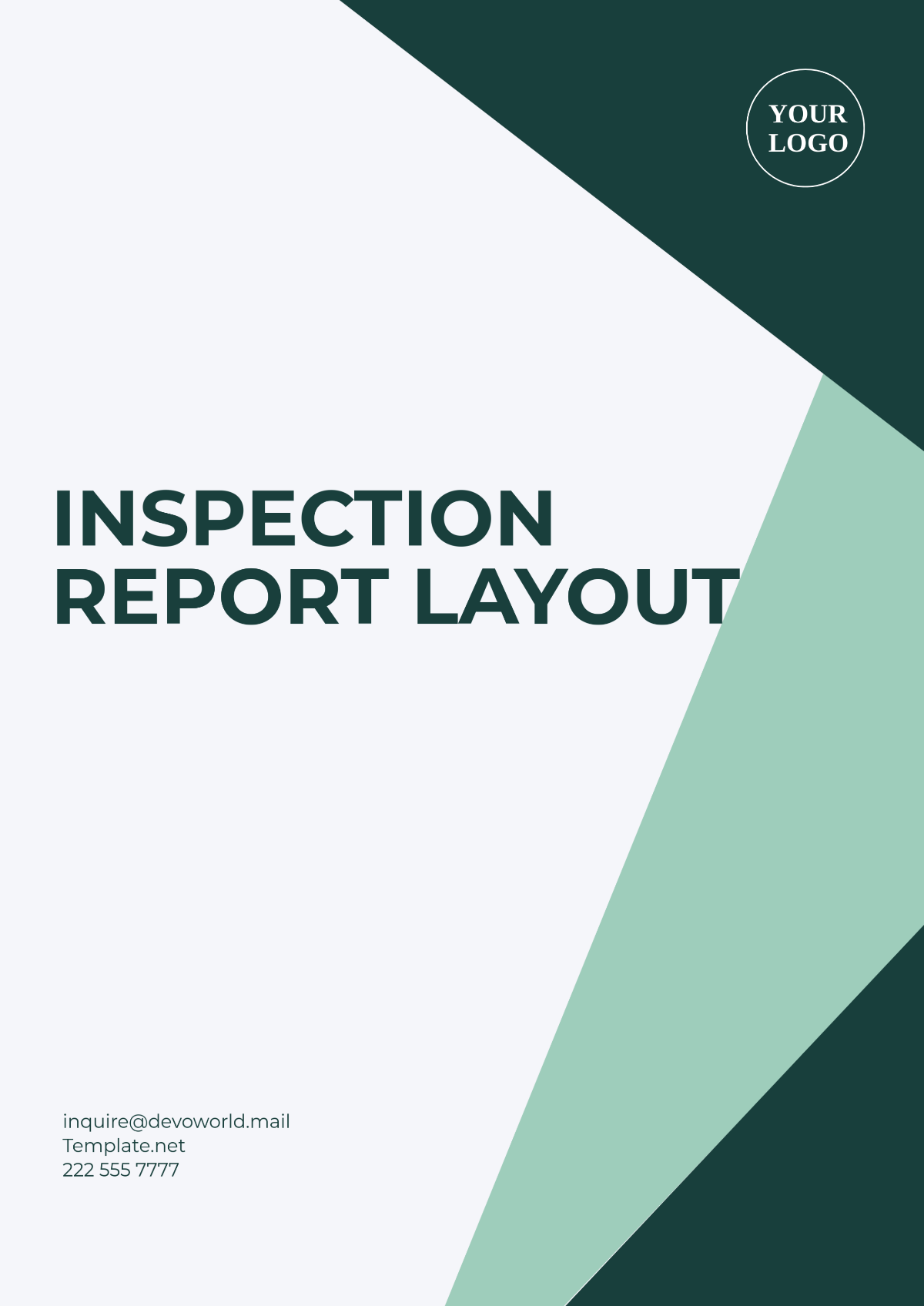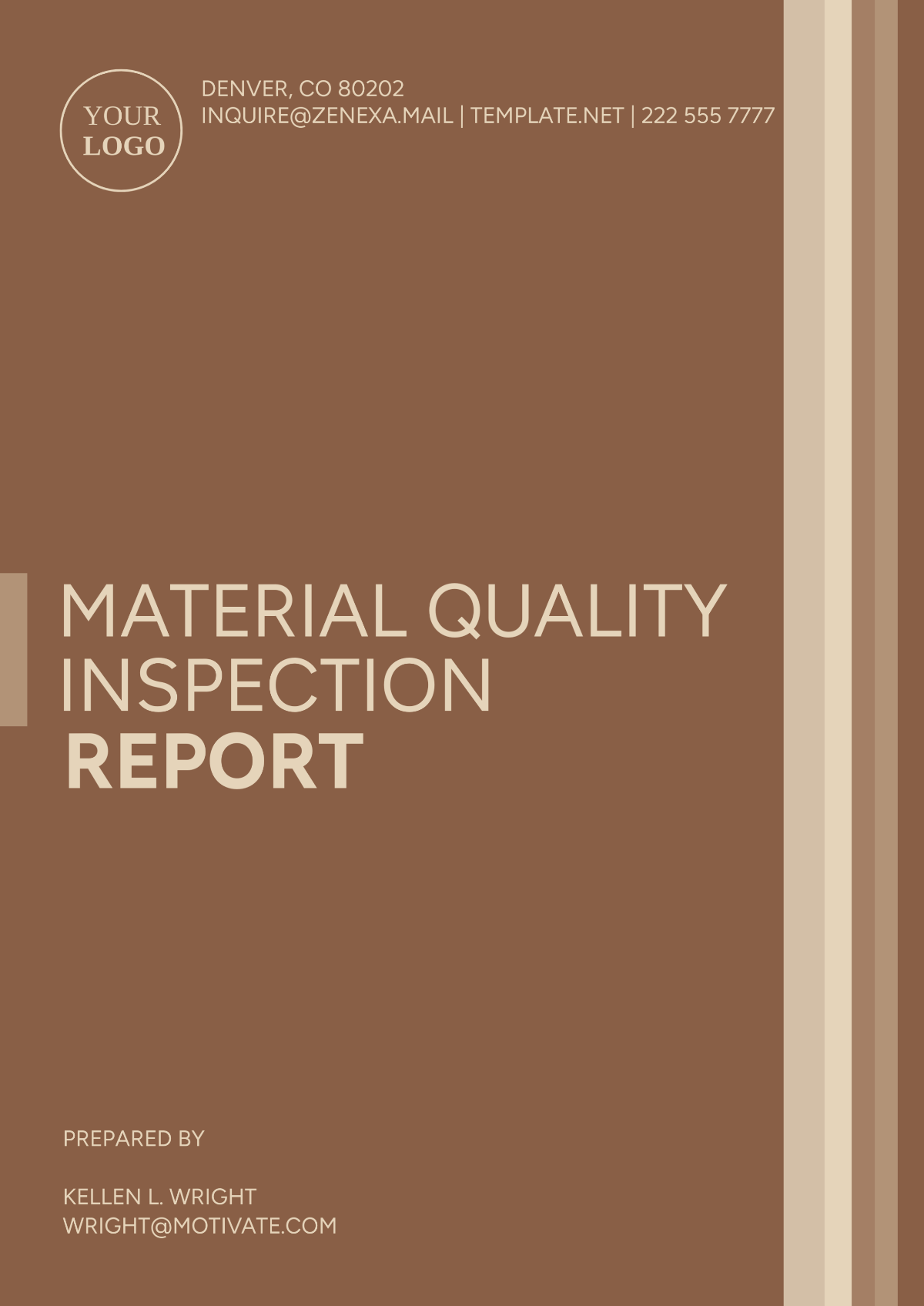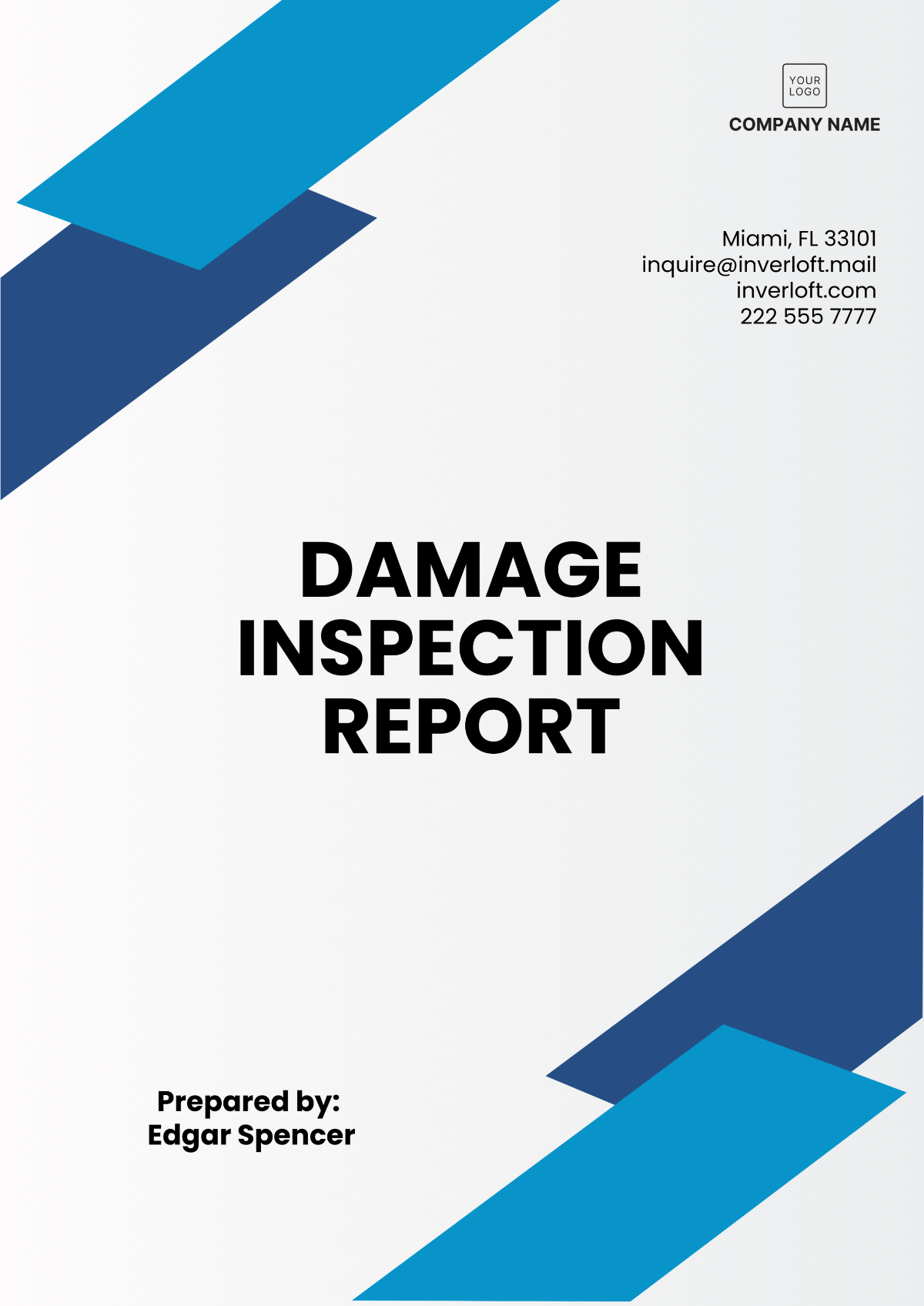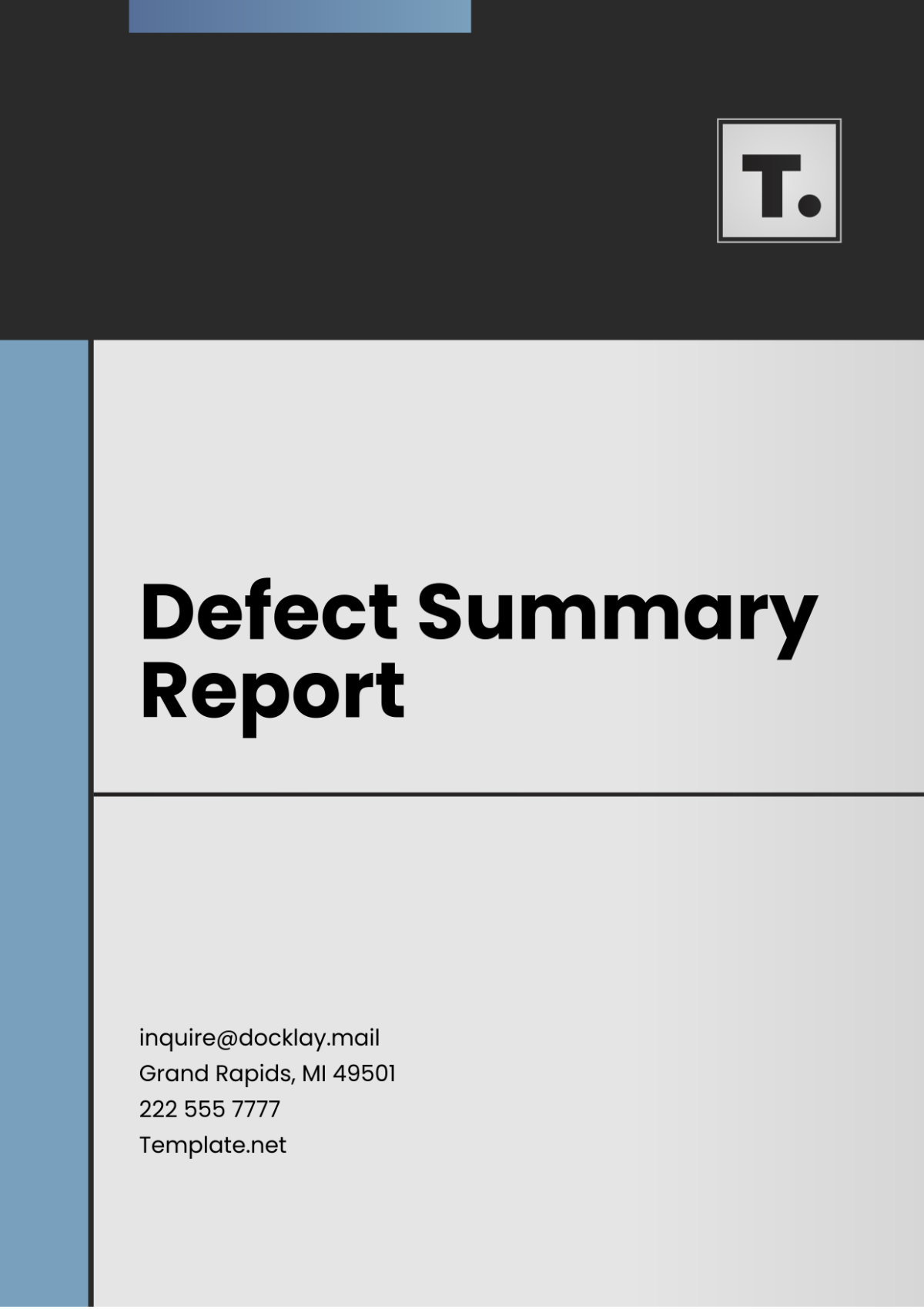Defect Summary Report
Prepared by: [Your Name]
Date: October 29, 2050
I. Executive Summary
This Defect Summary Report outlines the defects identified during the testing phase of the Enterprise Resource Management (ERM) System. It aims to provide a clear overview of defect statistics, their severity, and resolution status. This report is intended for stakeholders, including project managers and quality assurance teams, to facilitate decision-making and improve project outcomes.
II. Defect Overview
The testing phase revealed a total of 75 defects across various components of the ERM System. The defects are categorized based on their severity and status.
Defect Statistics
Severity Level | Number of Defects | Percentage of Total (%) |
|---|---|---|
Critical | 10 | 13.3 |
Major | 25 | 33.3 |
Minor | 40 | 53.3 |
Total | 75 | 100 |
Defect Status
Status | Number of Defects | Percentage of Total (%) |
|---|---|---|
Open | 30 | 40 |
In Progress | 25 | 33.3 |
Resolved | 20 | 26.7 |
Total | 75 | 100 |
III. Defect Analysis
An in-depth analysis of the defects has been conducted to identify patterns and areas for improvement. The following sections detail the most critical findings from this analysis.
Critical Defects
Among the identified defects, 10 were categorized as critical. These defects posed a significant risk to the functionality of the User Interface Module and required immediate attention.
Major Defects
There were 25 major defects, primarily affecting the Database Integration Layer. These defects could lead to data inconsistency and performance issues, thus necessitating prompt resolution.
Minor Defects
The majority of the defects, numbering 40, were classified as minor. These included issues related to UI elements, such as alignment and text formatting, which, while not immediately critical, still require rectification for a polished end product.
IV. Recommendations
To address the defects identified, the following recommendations are proposed:
Immediate Review: Conduct a thorough review of critical defects and prioritize their resolution.
Development Team Collaboration: Facilitate prompt resolution of major defects by improving cooperation between QA and development teams.
Regular Monitoring: Implement regular defect monitoring and reporting to ensure all defects are tracked and managed effectively.
User Feedback: Gather user feedback post-release to identify any residual issues not captured during testing.
V. Conclusion
The successful resolution of the defects outlined in this report is crucial for the timely launch of the Enterprise Resource Management (ERM) System. Continued vigilance and proactive management of defects will enhance the overall quality of the project.
For further inquiries or detailed discussions, please feel free to reach out to [Your Name] at [Your Email] or contact [Your Company Name] directly at [Your Company Email].
For additional information, you may also contact us at our office located at [Your Company Address] or reach us at [Your Company Number].
